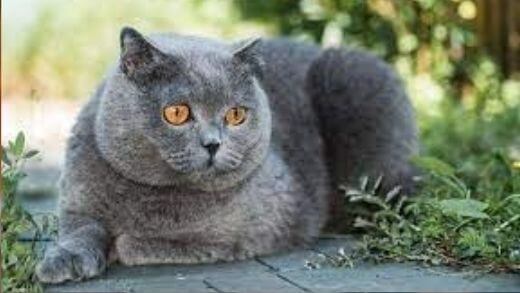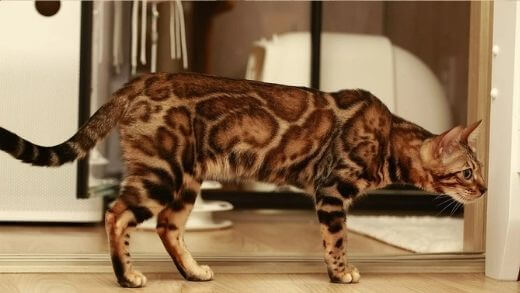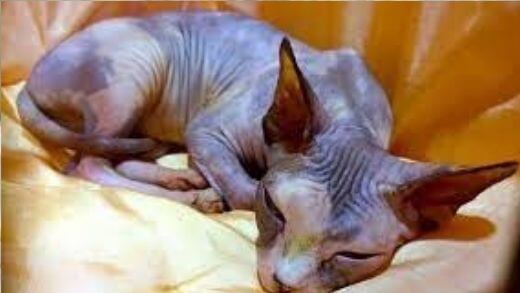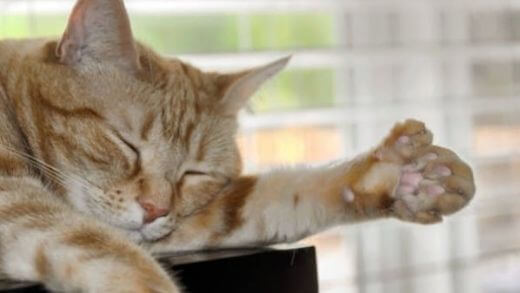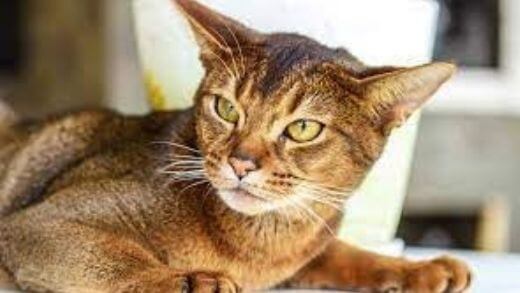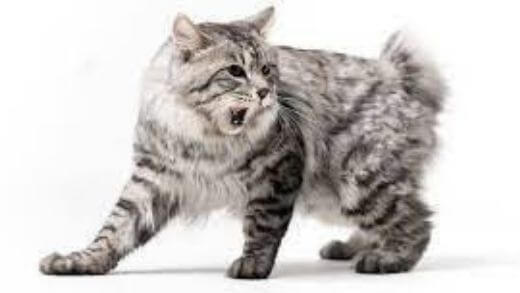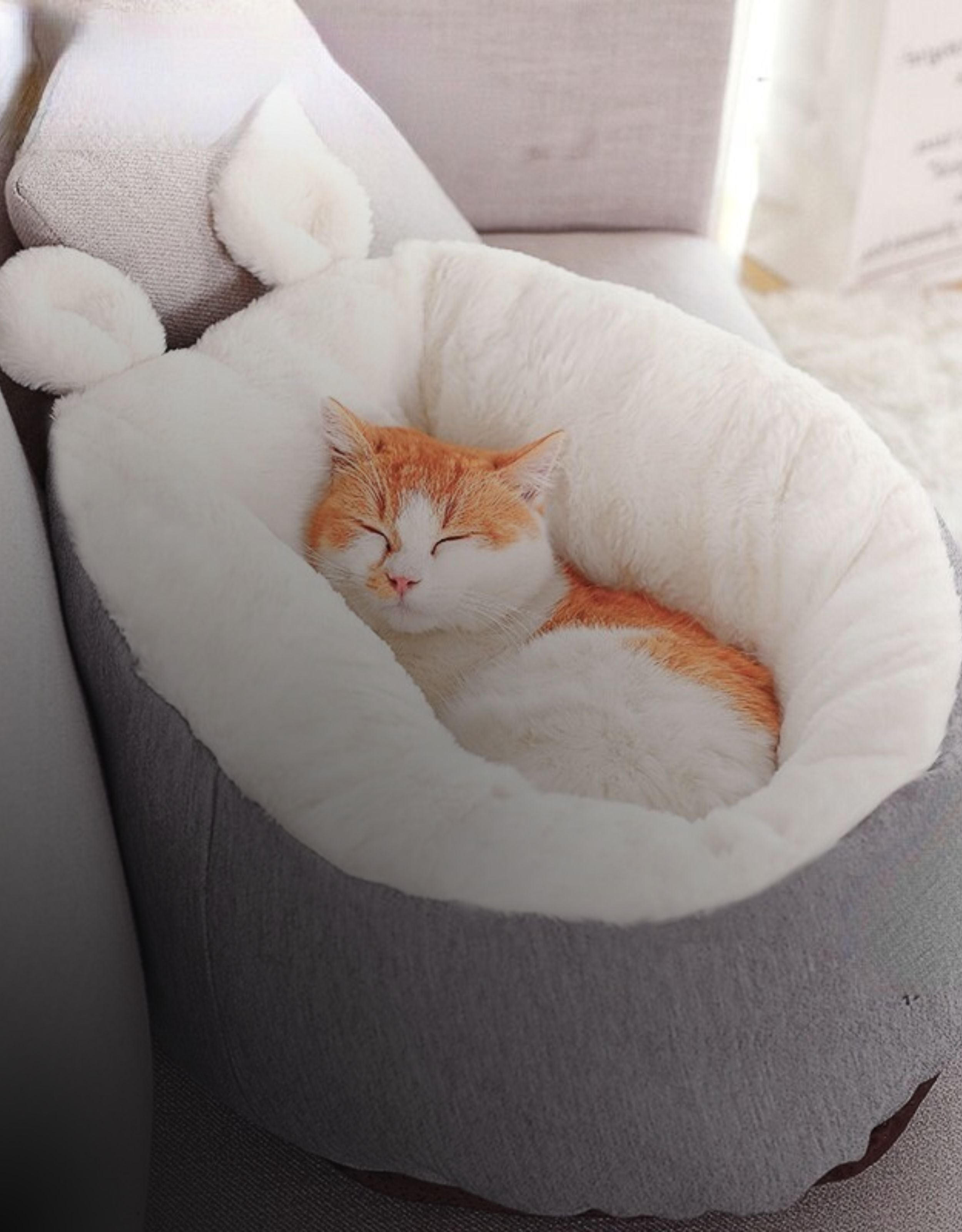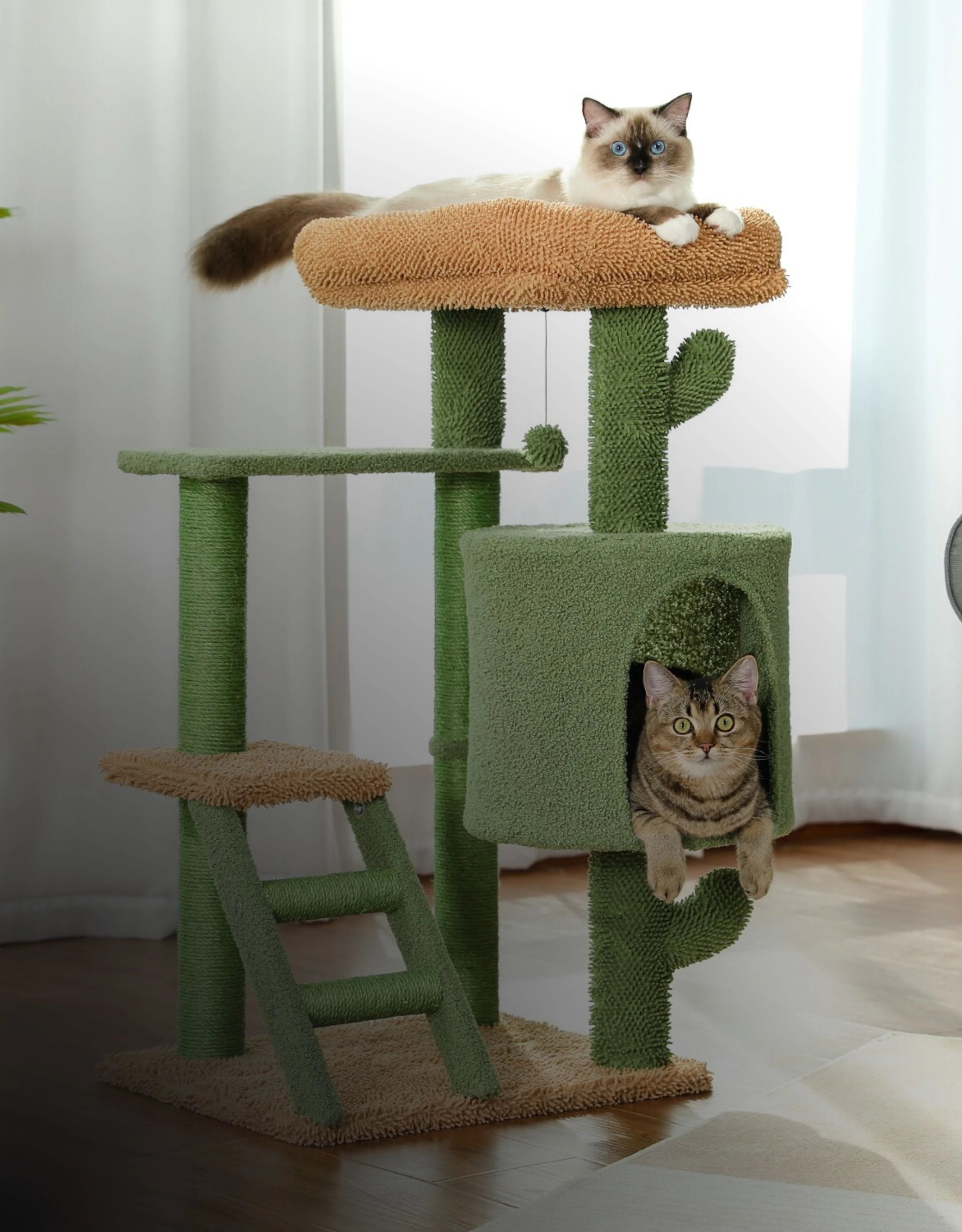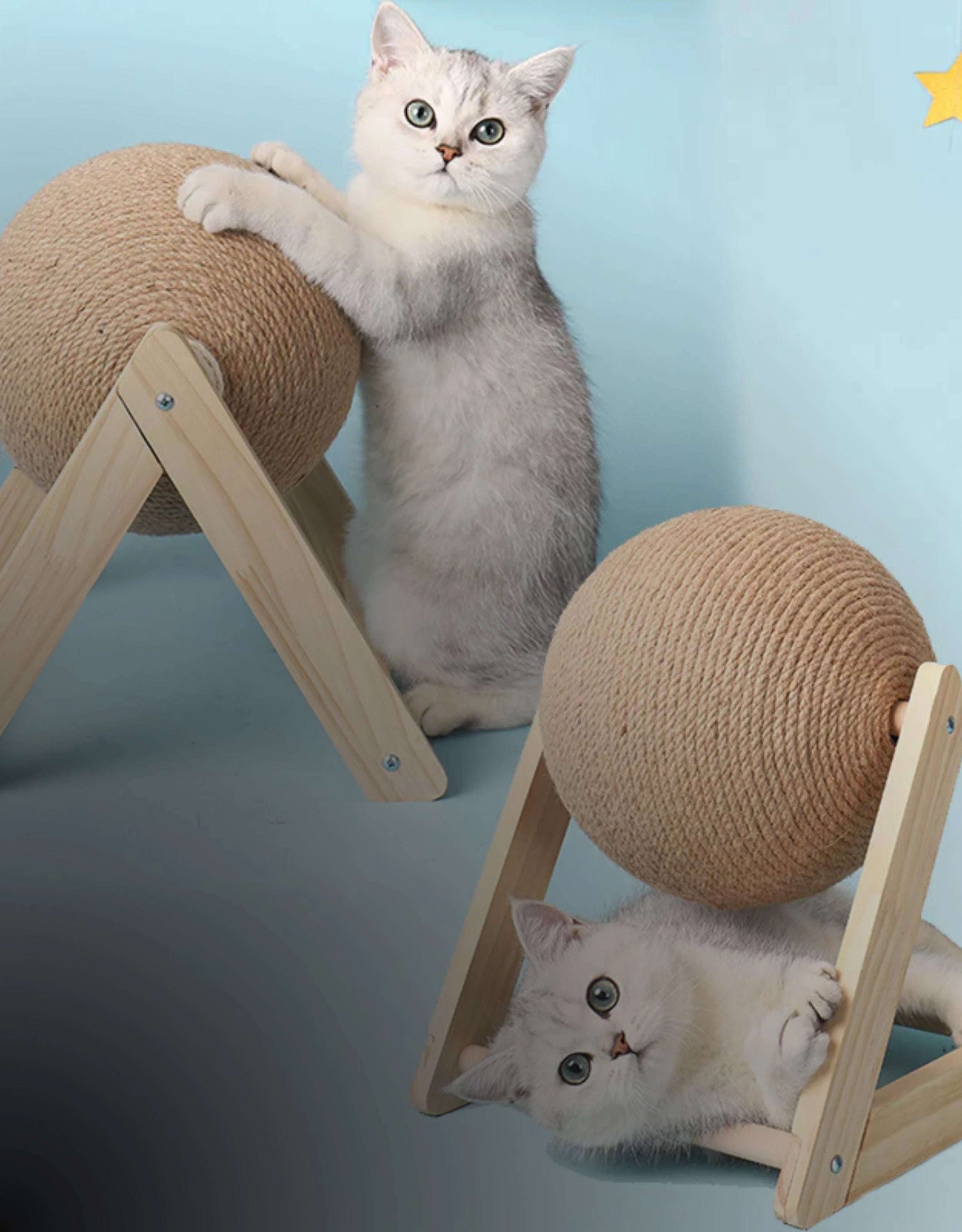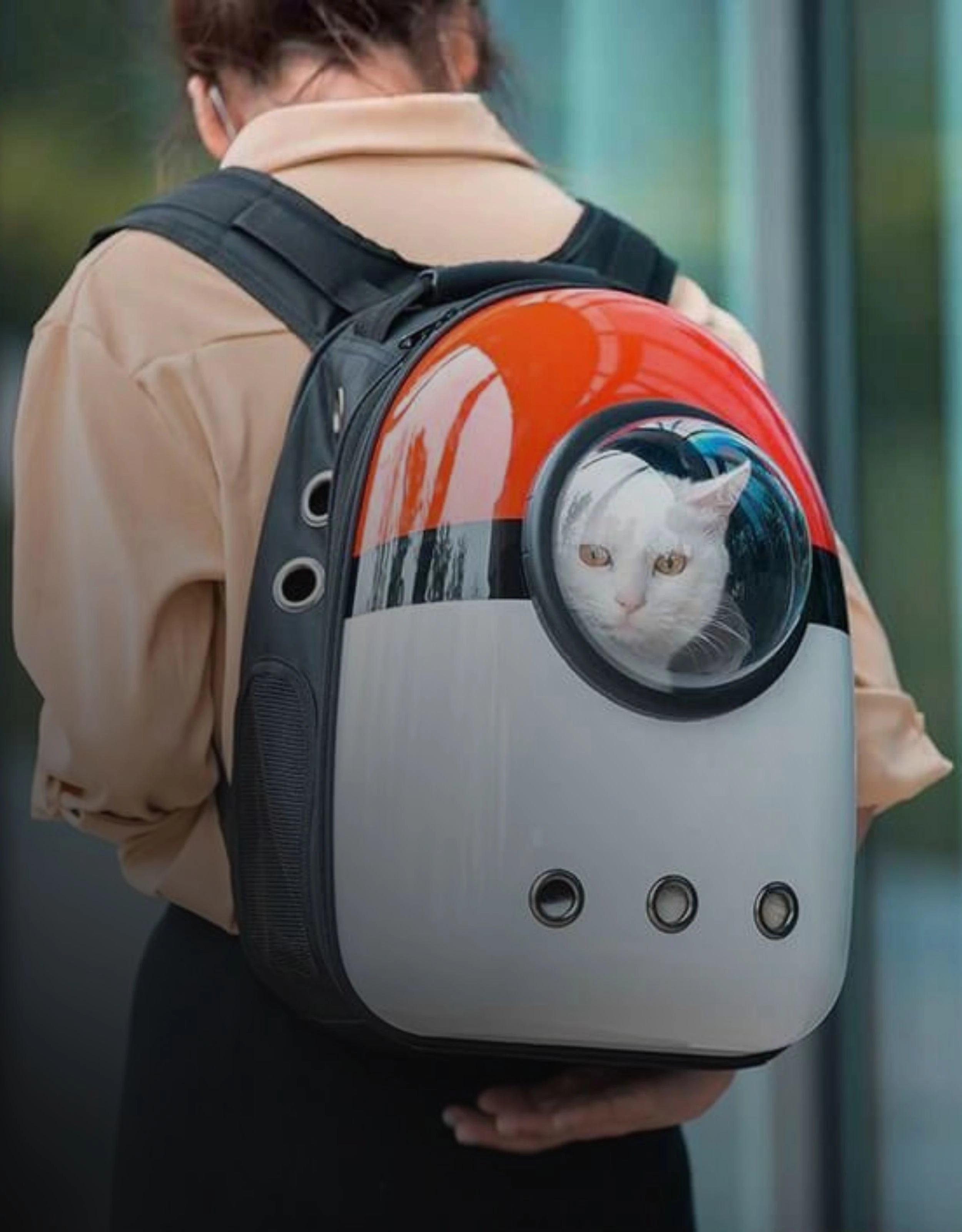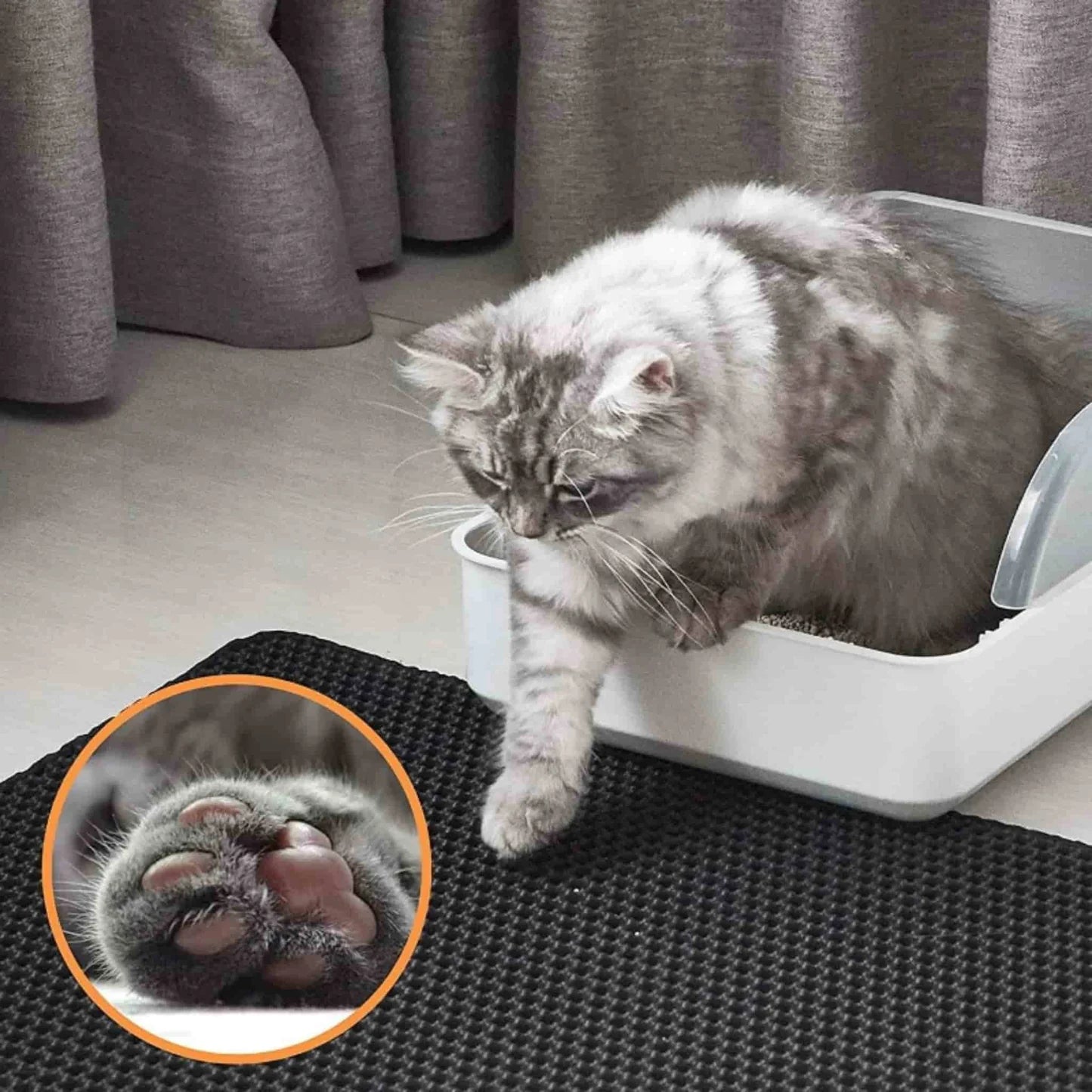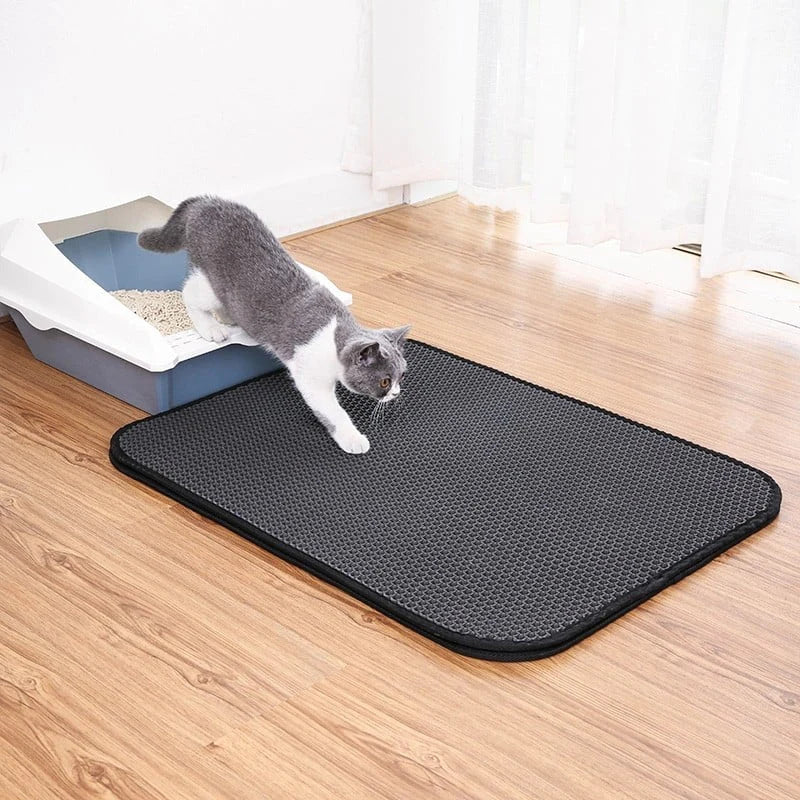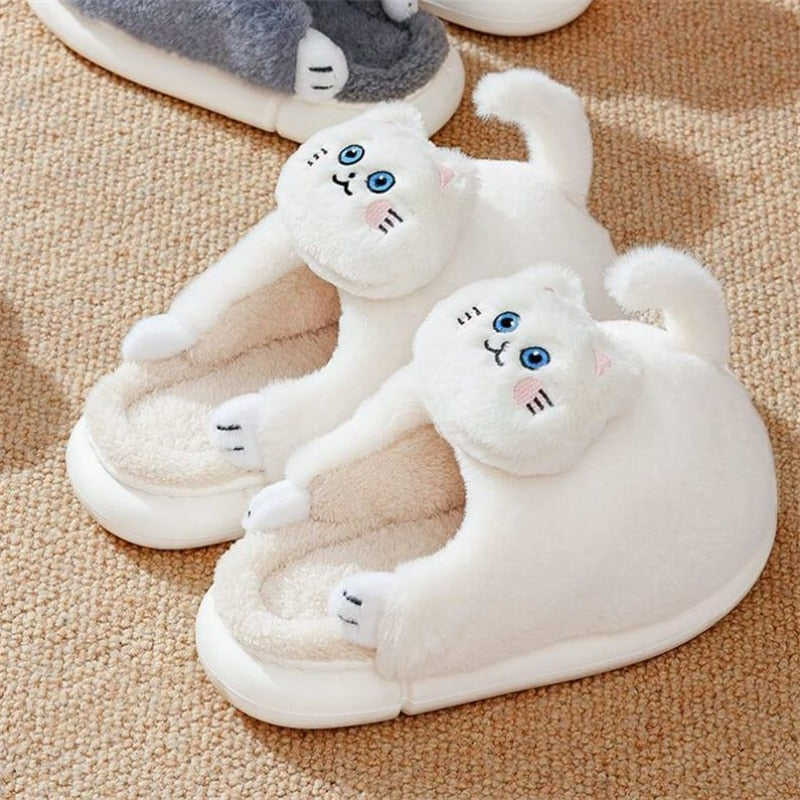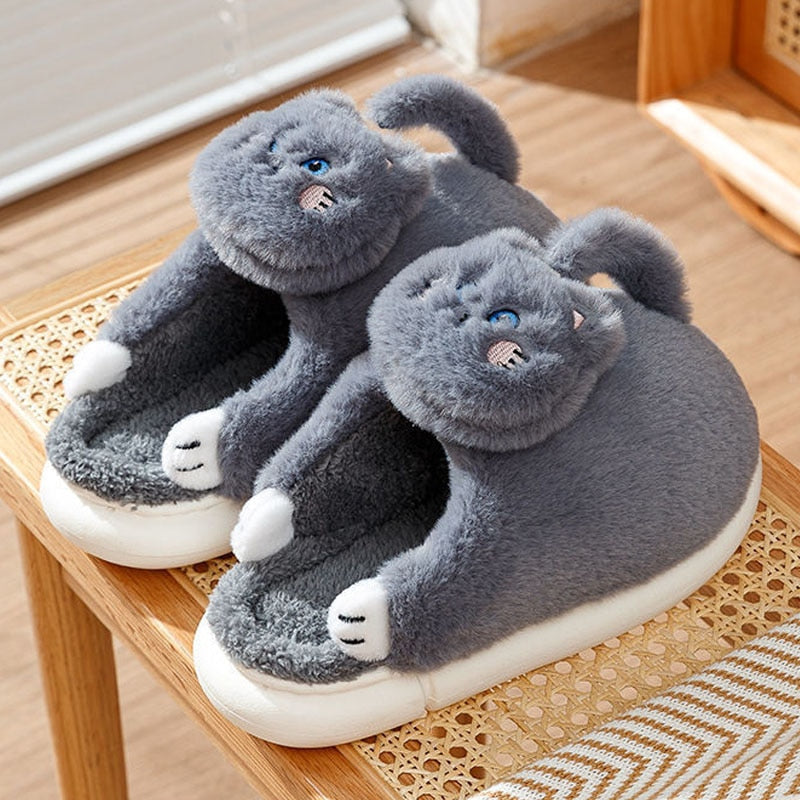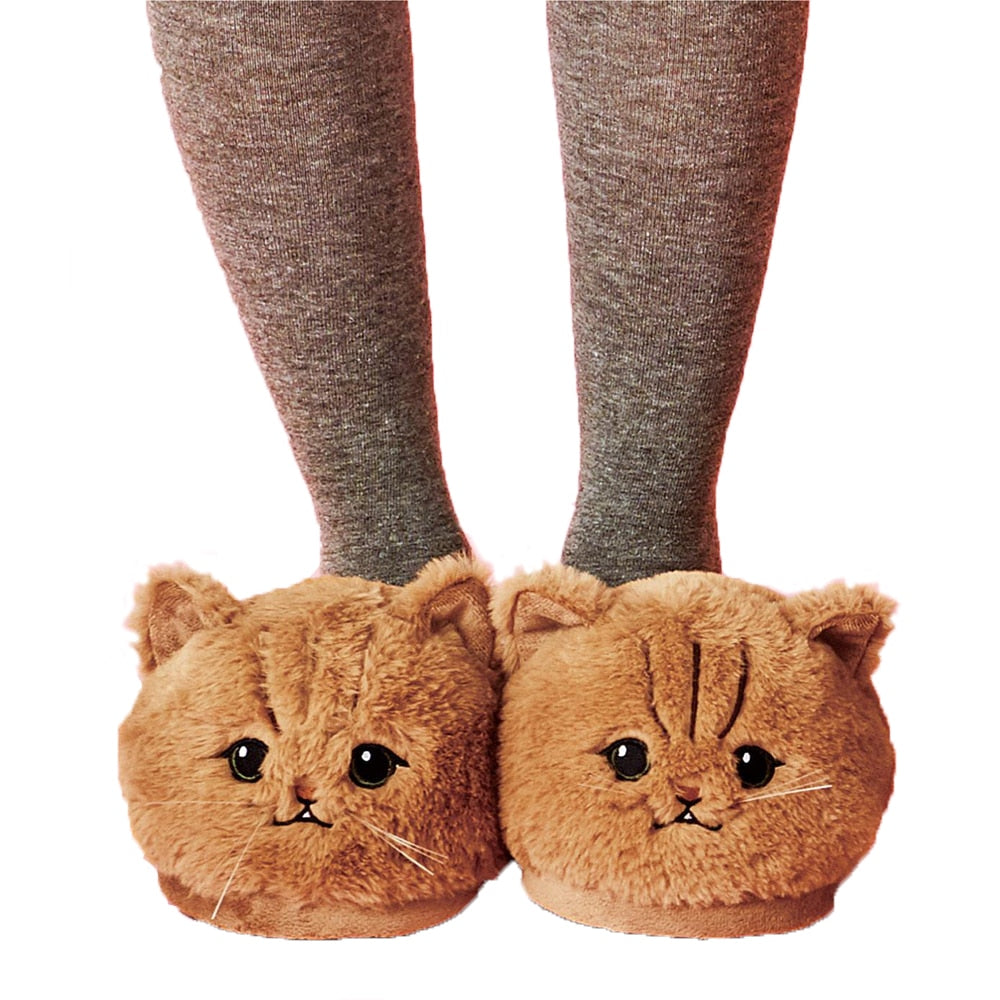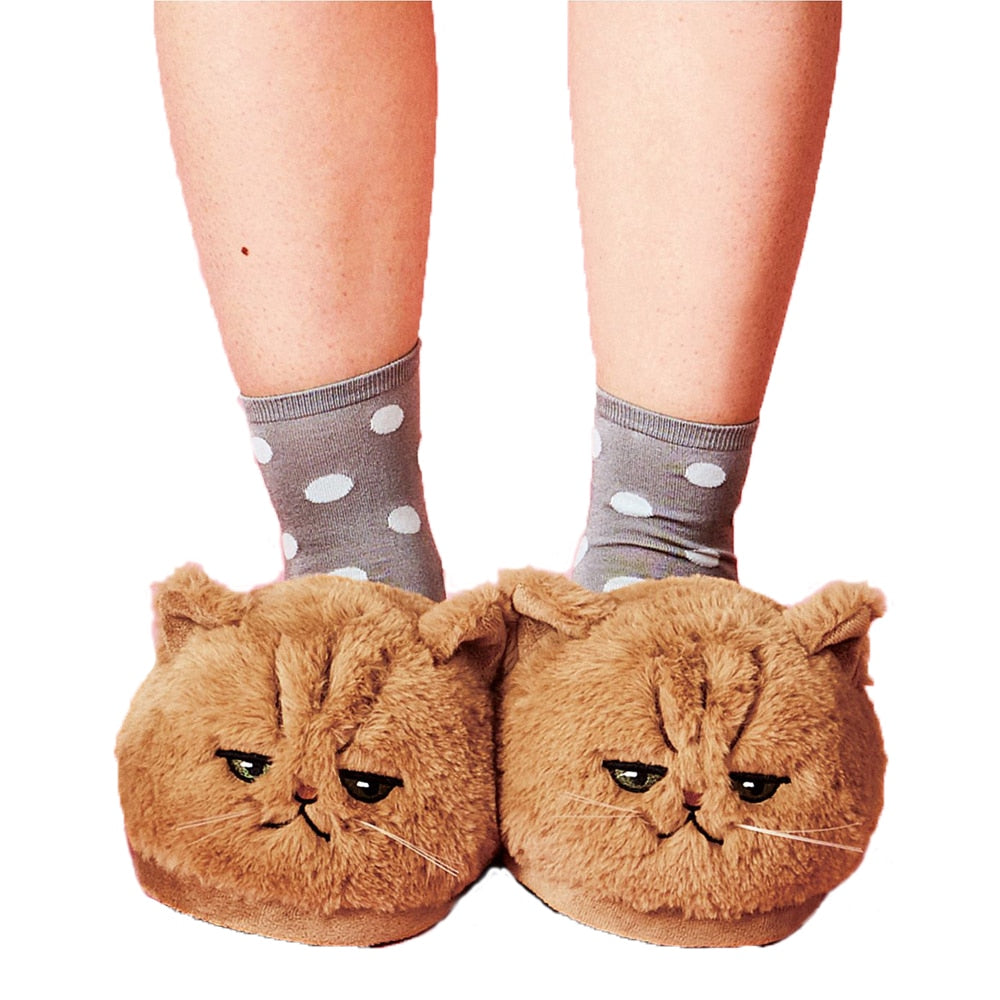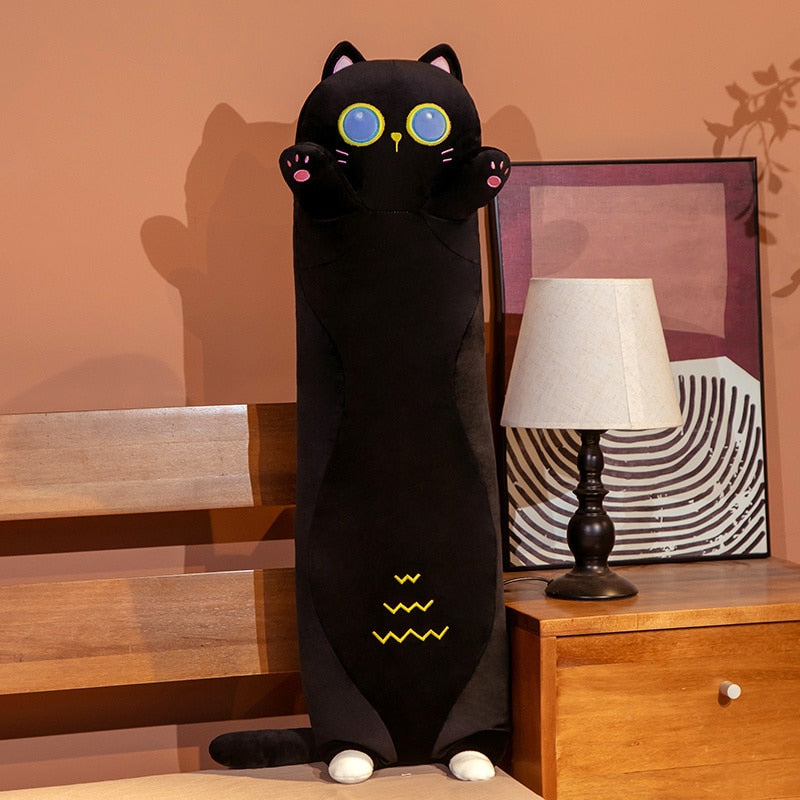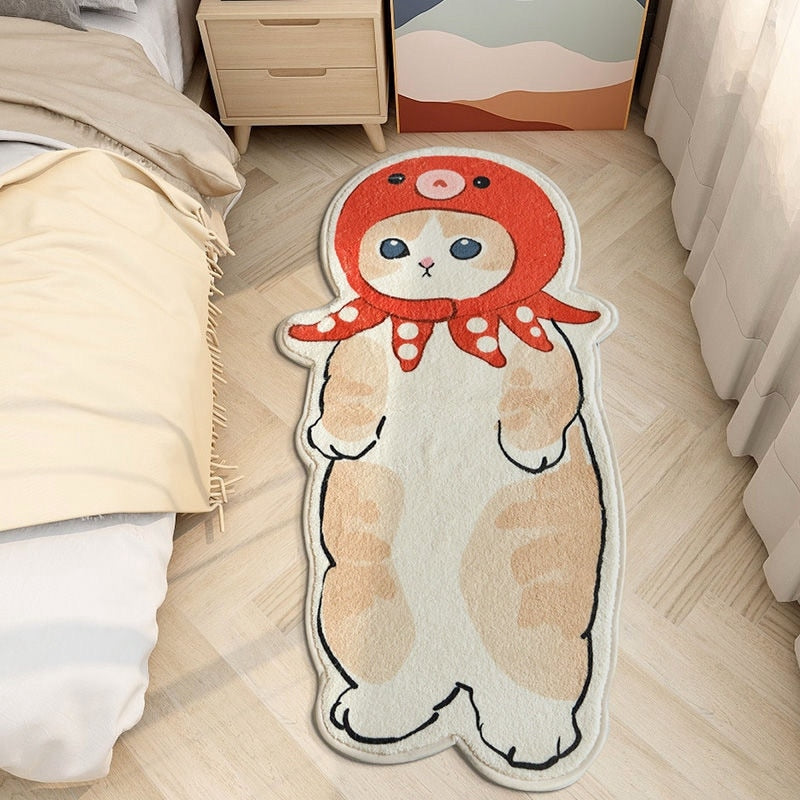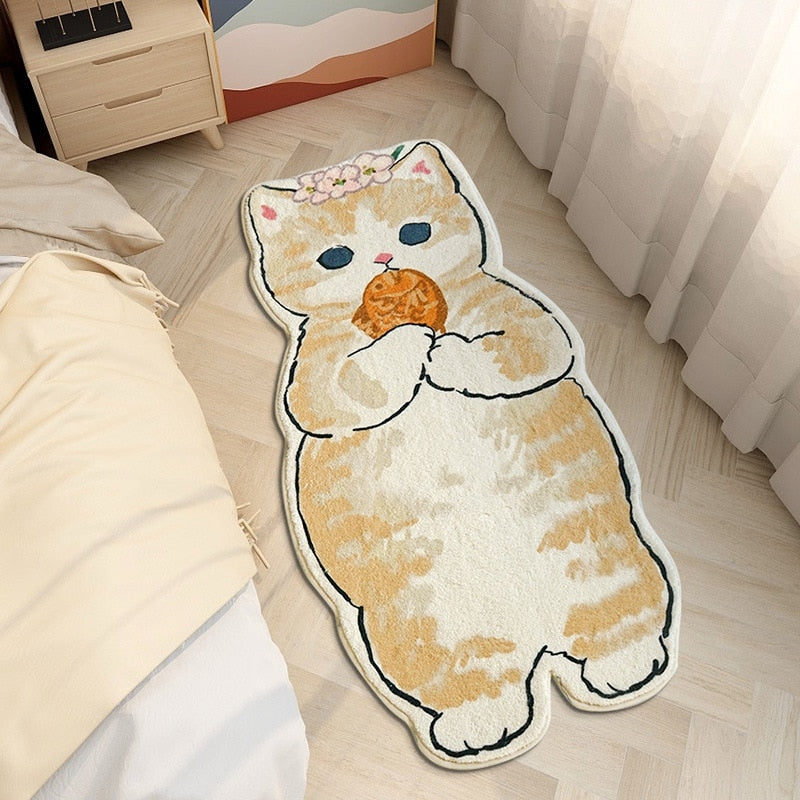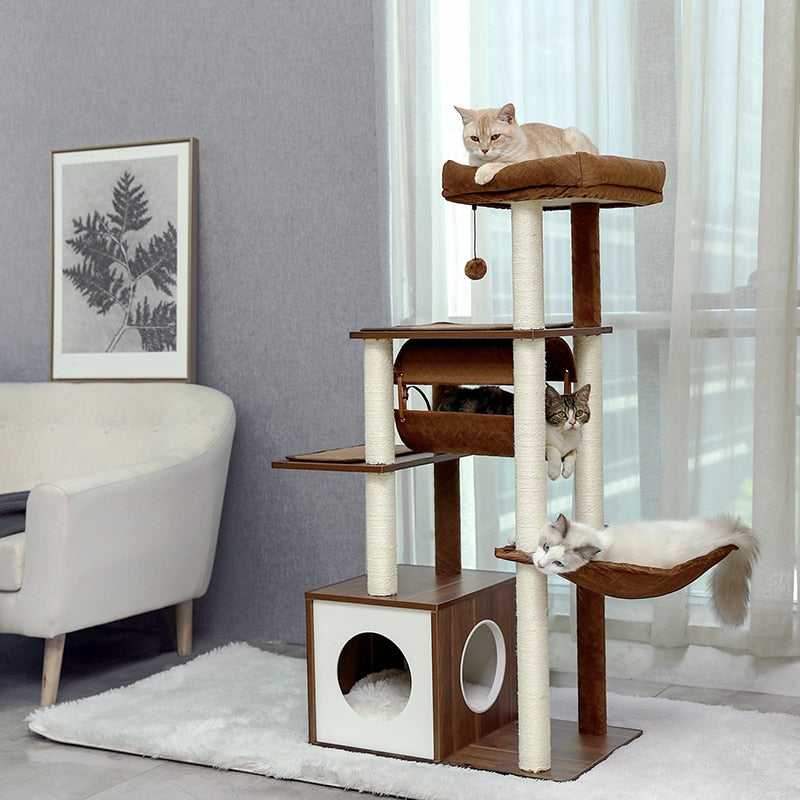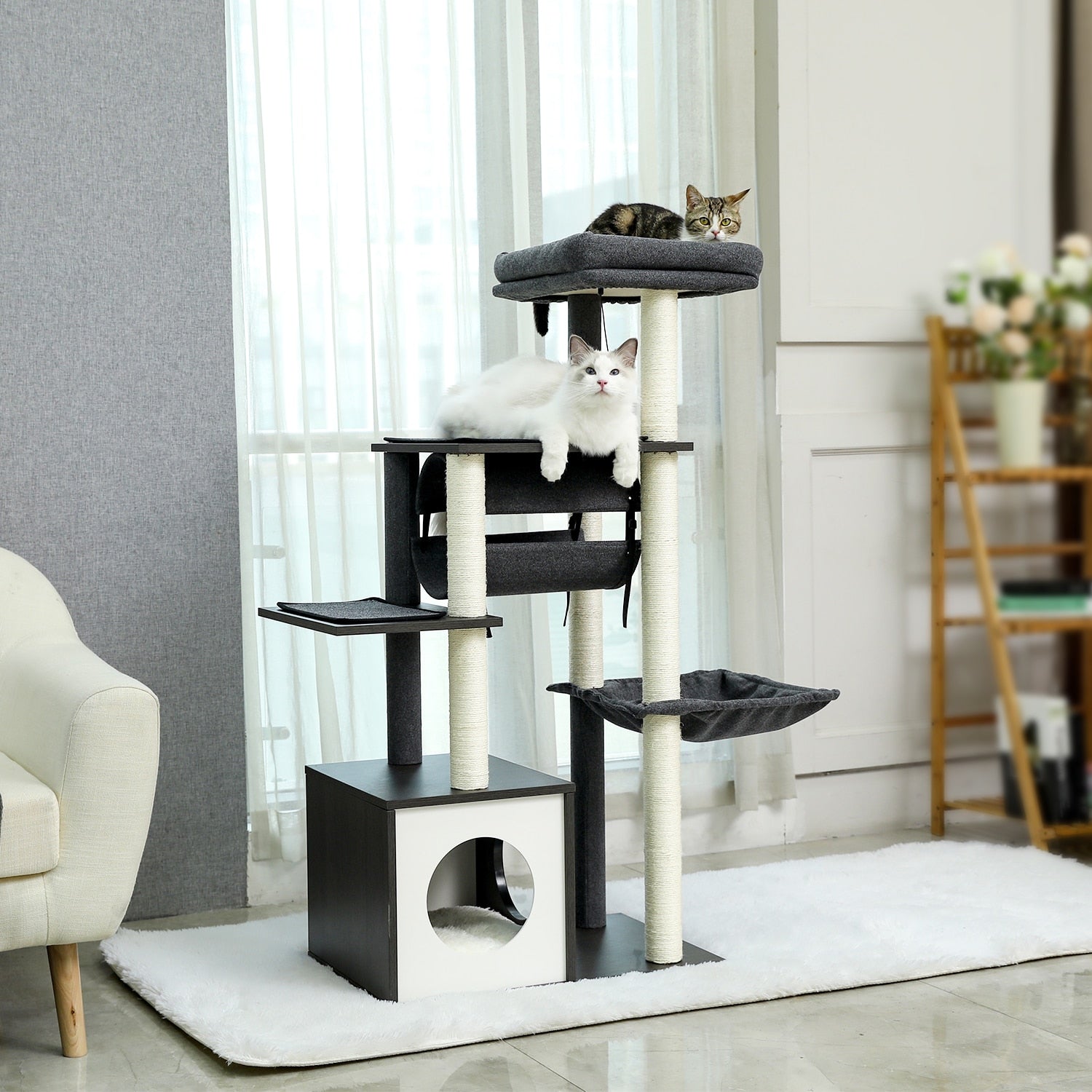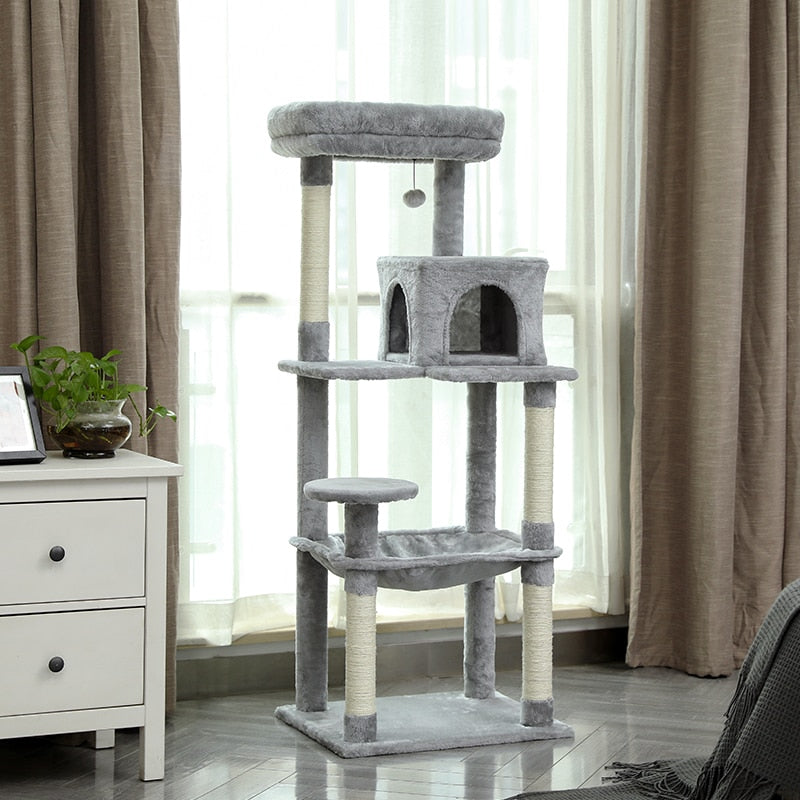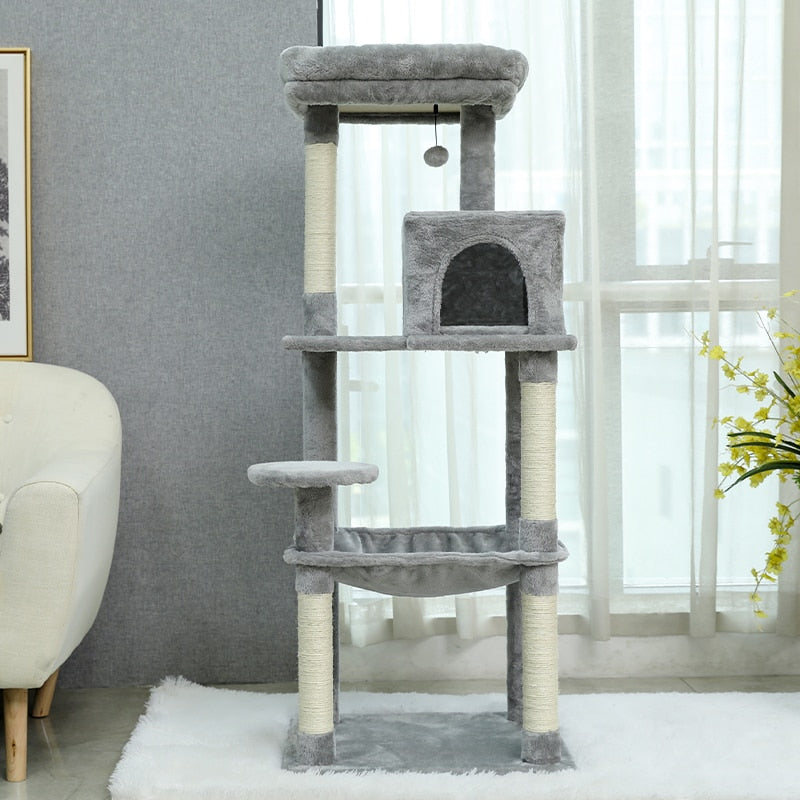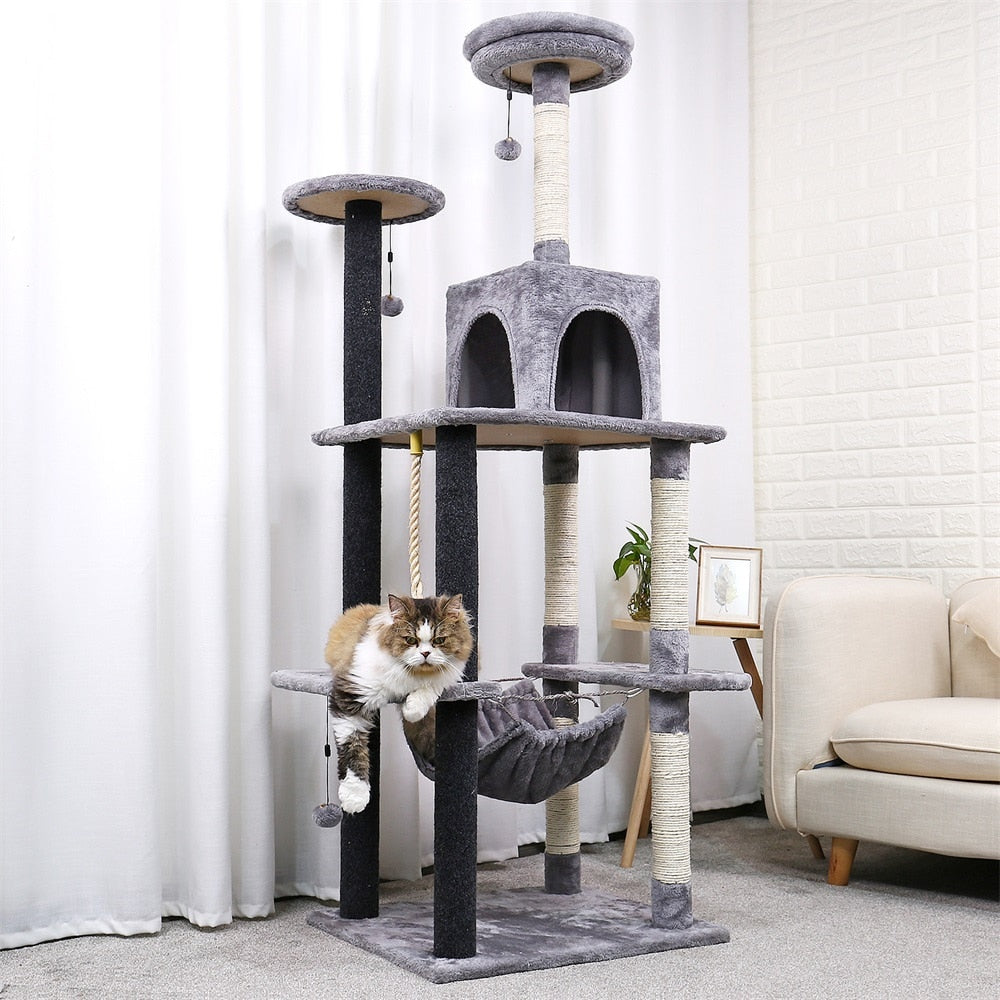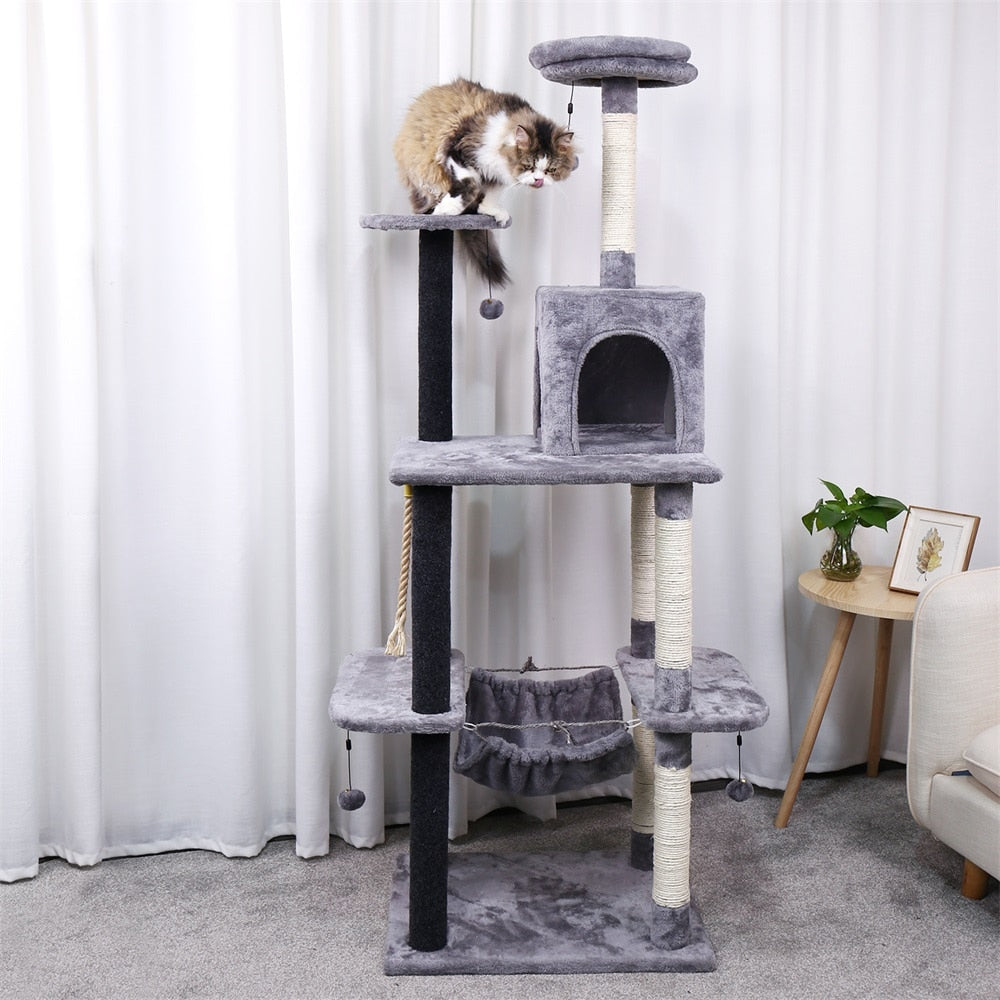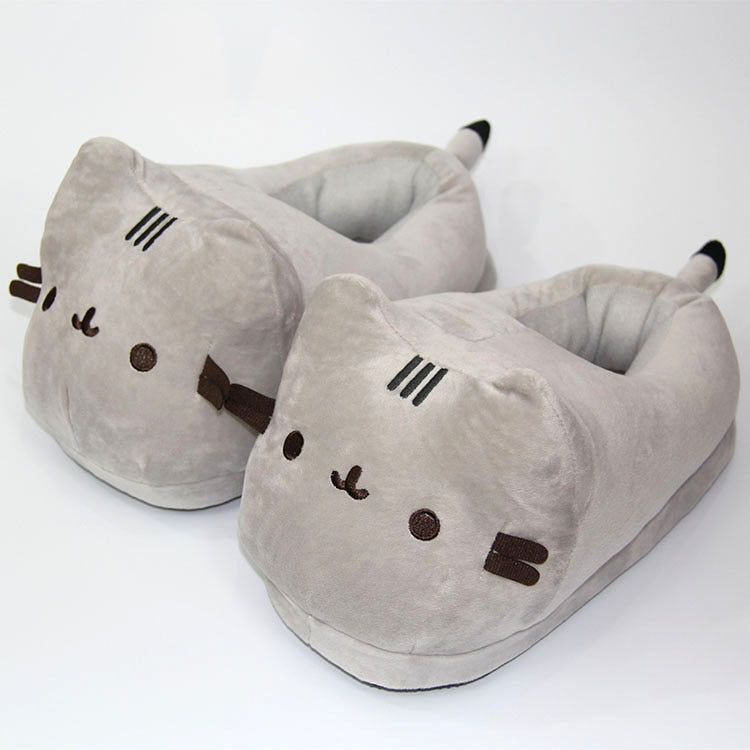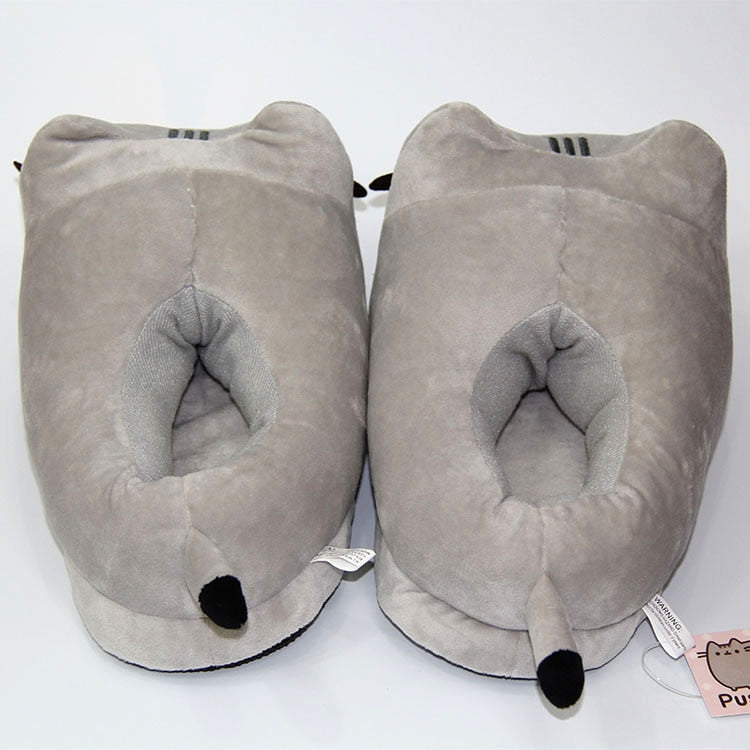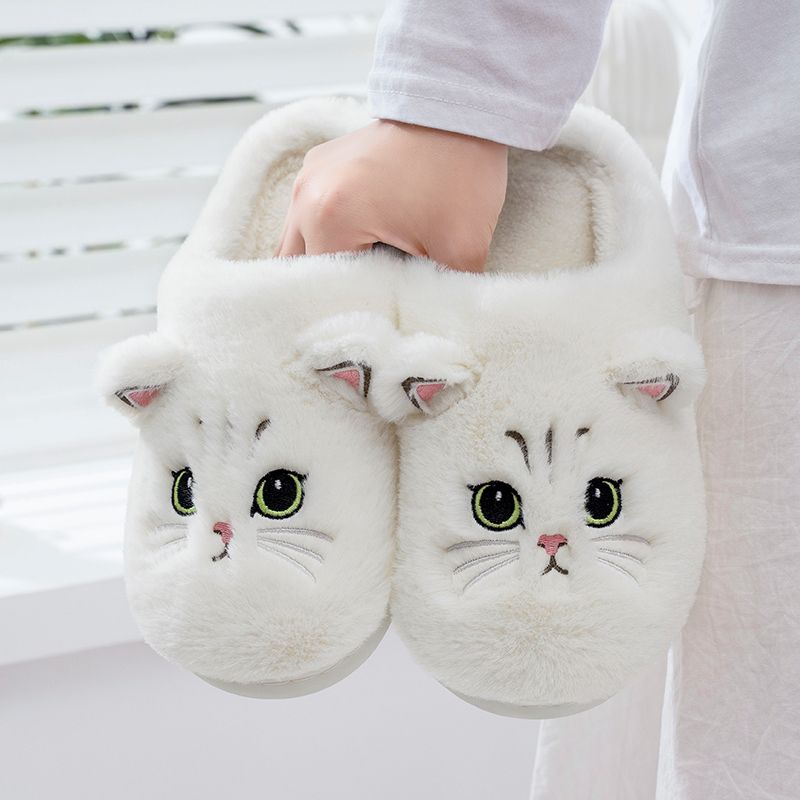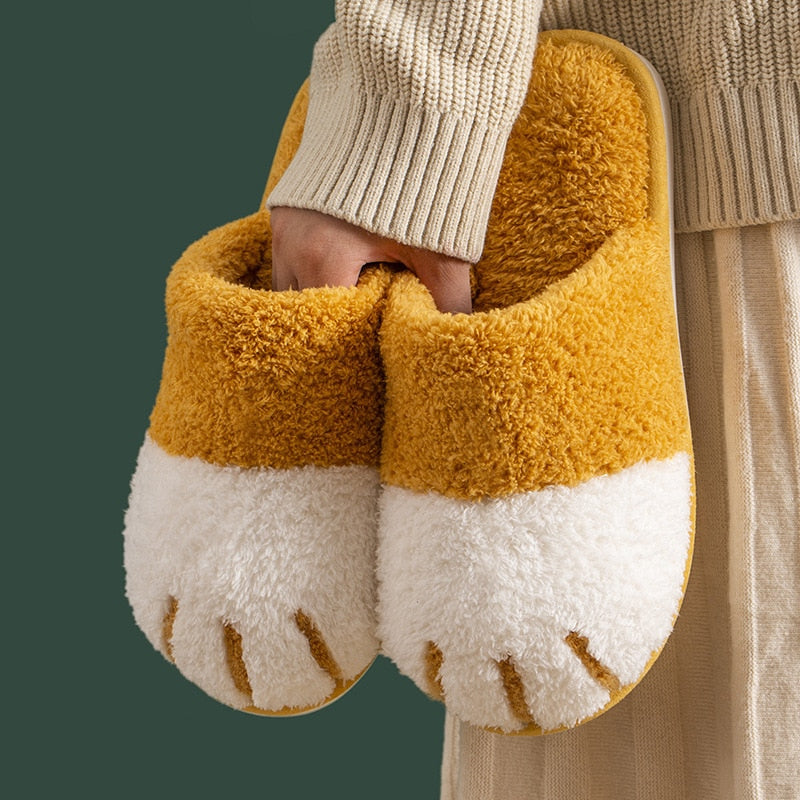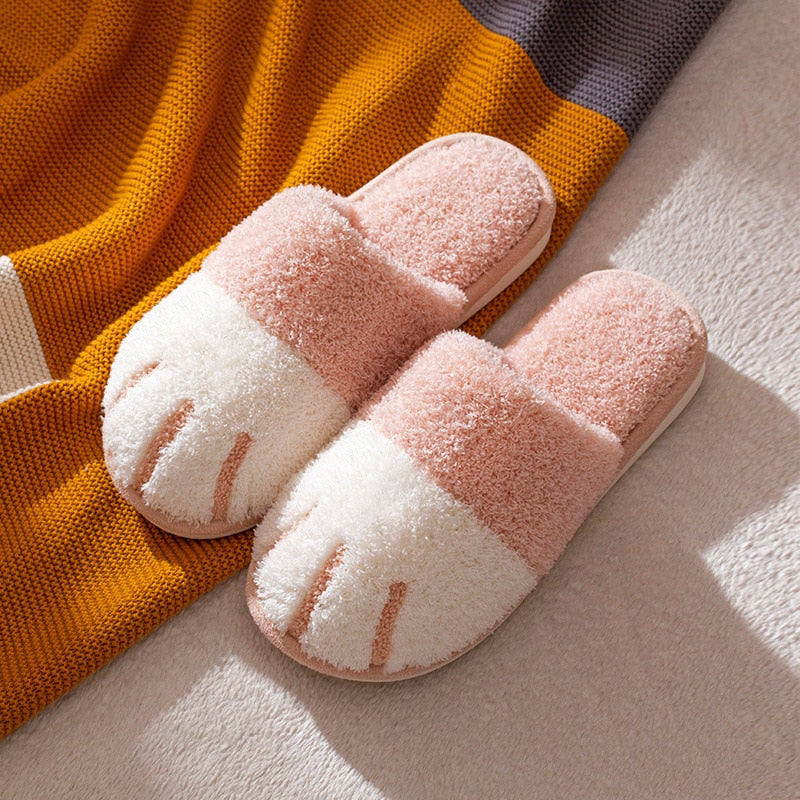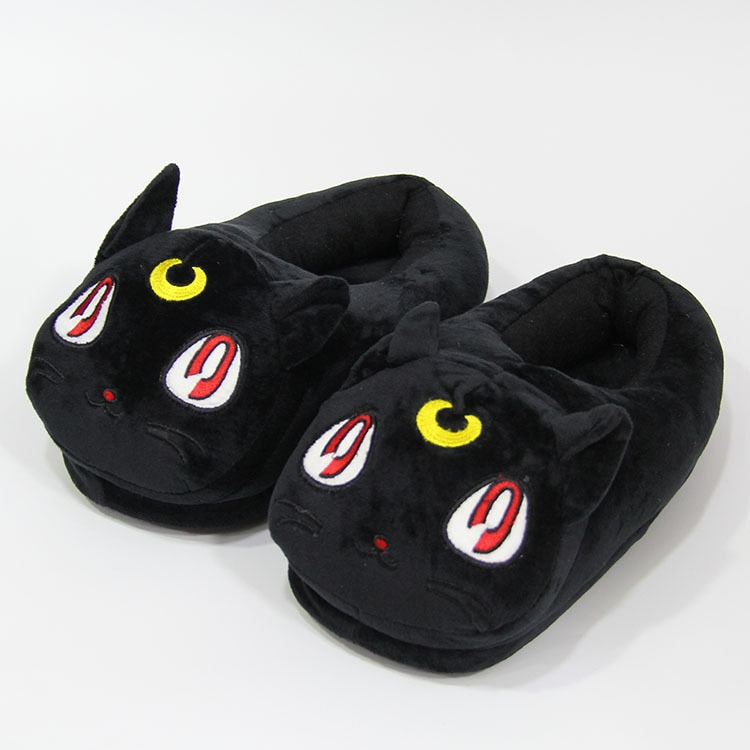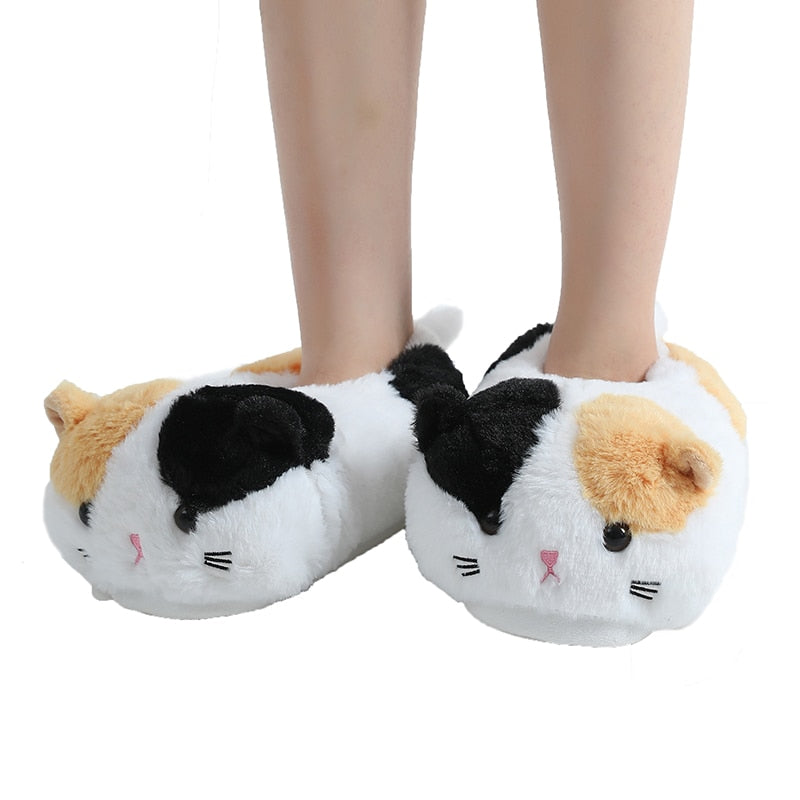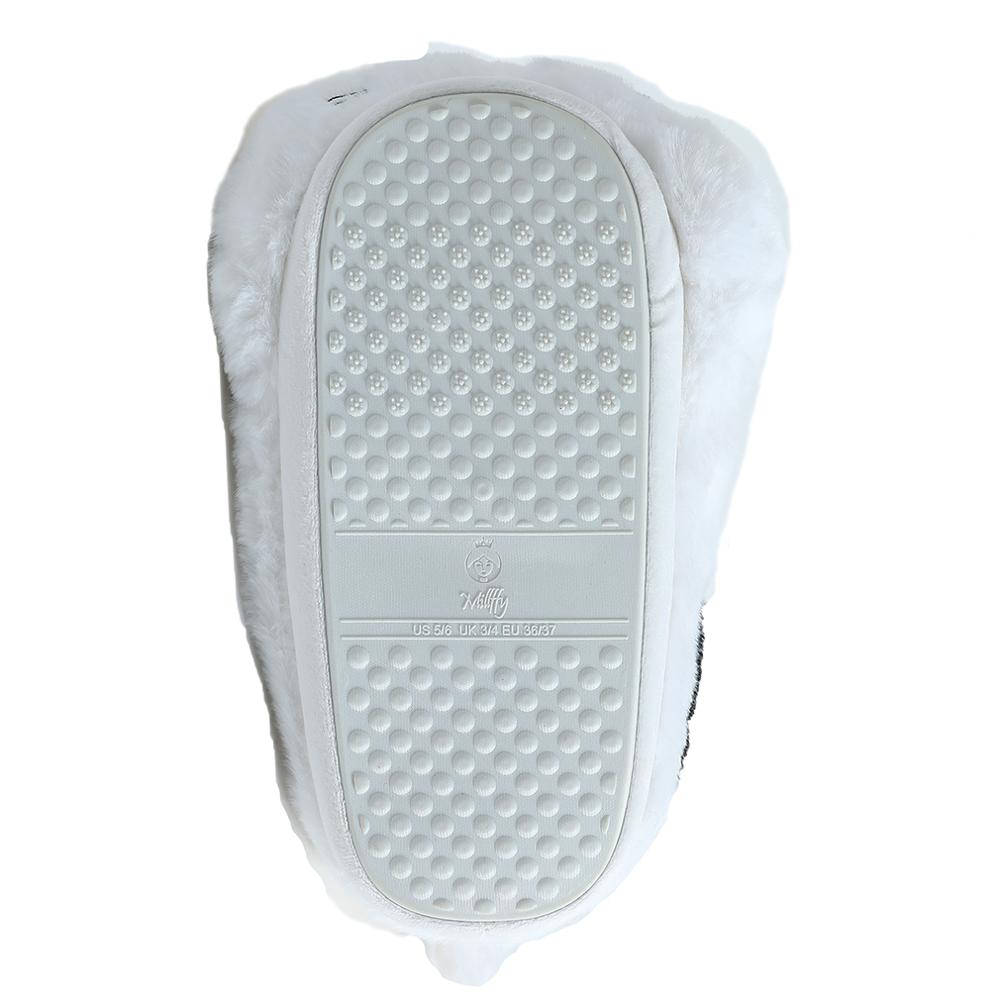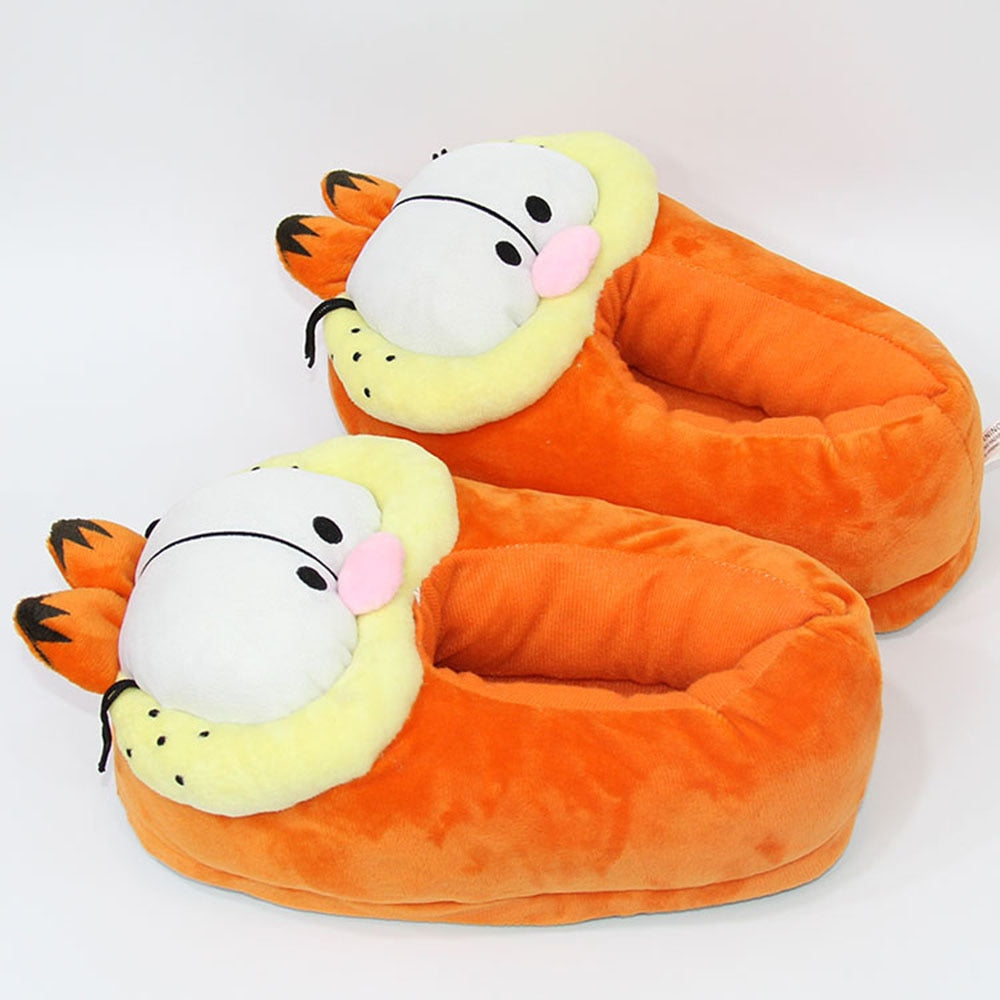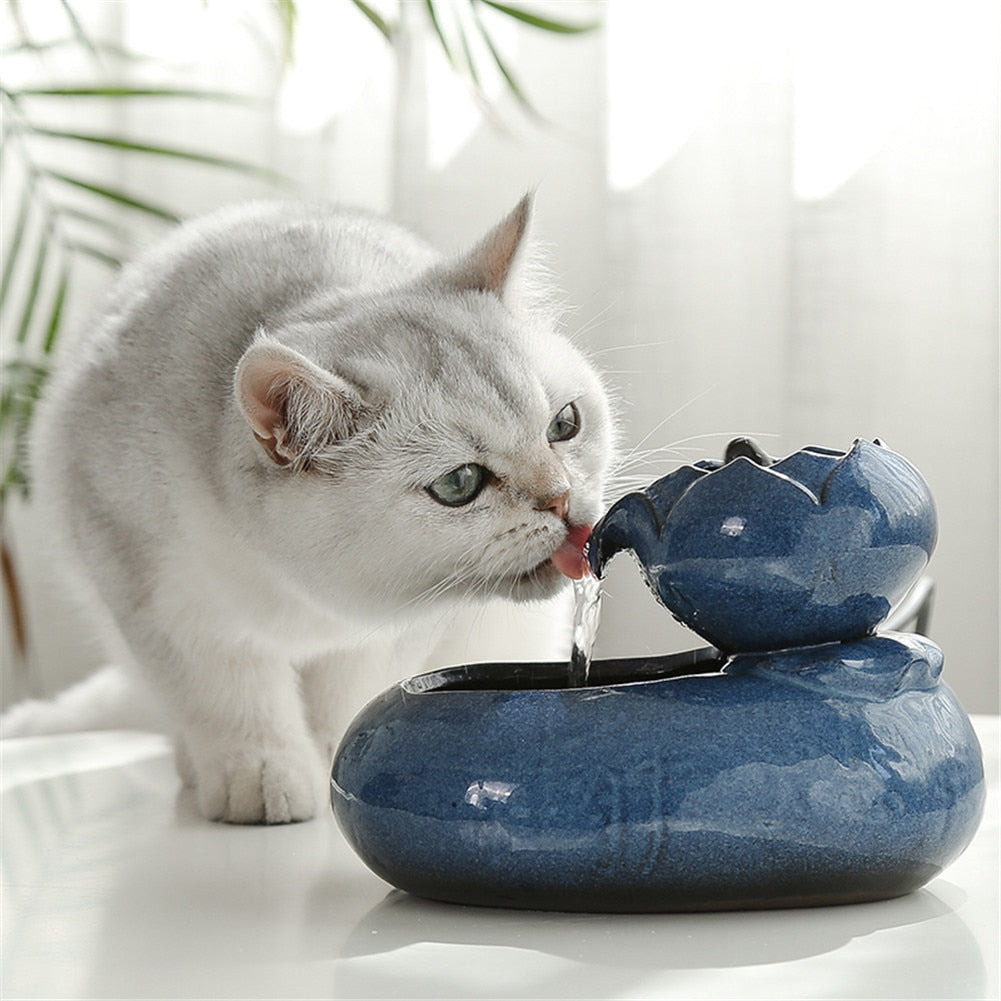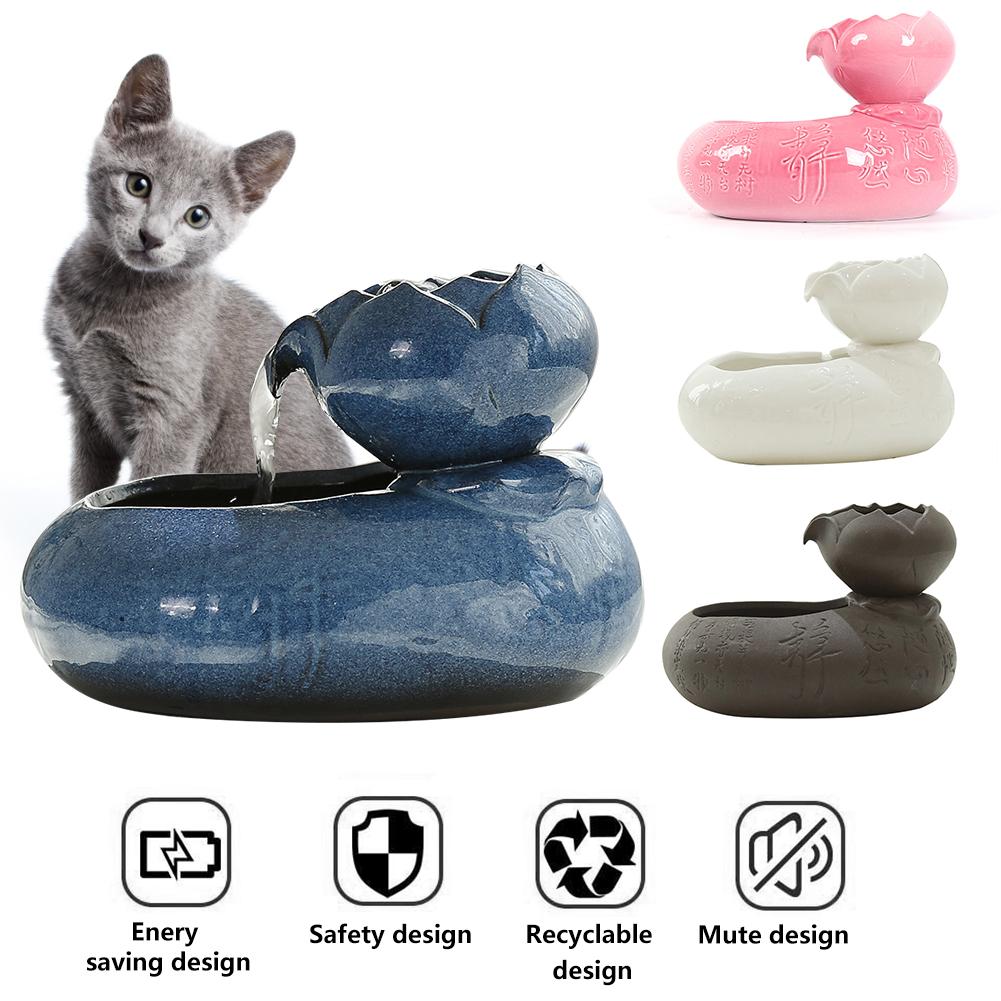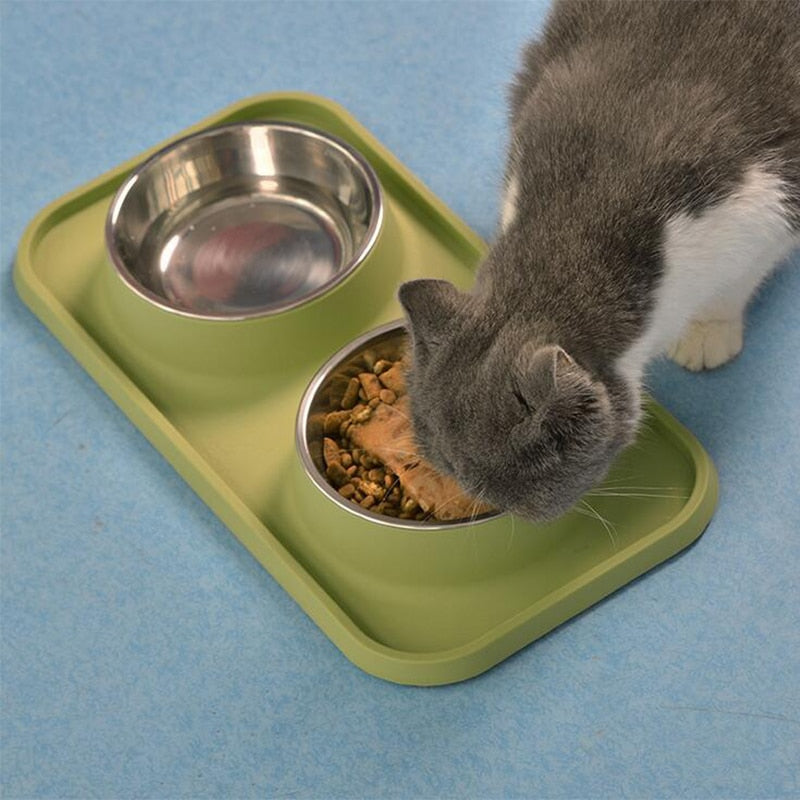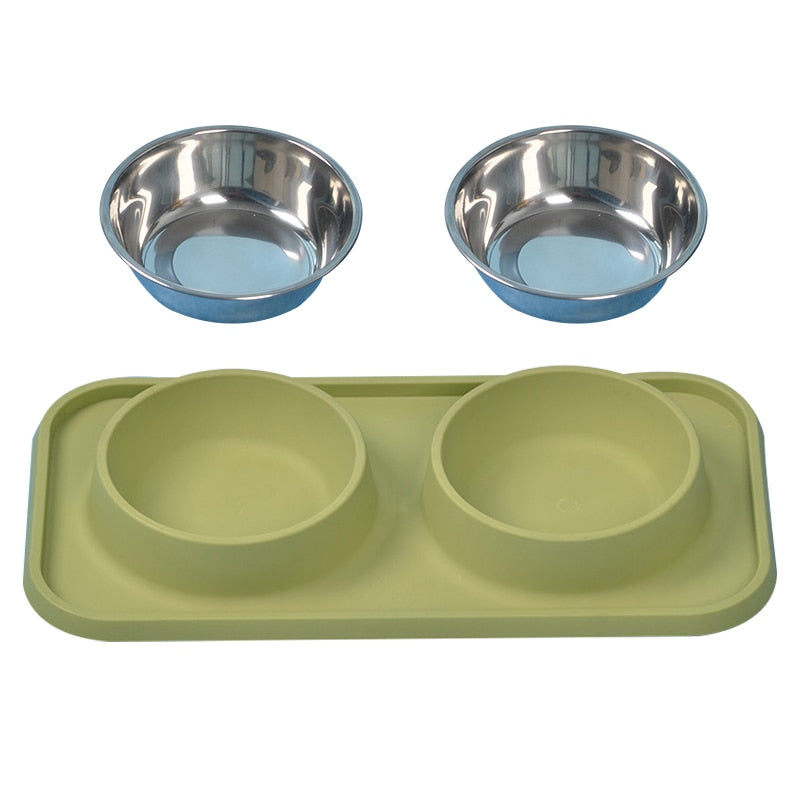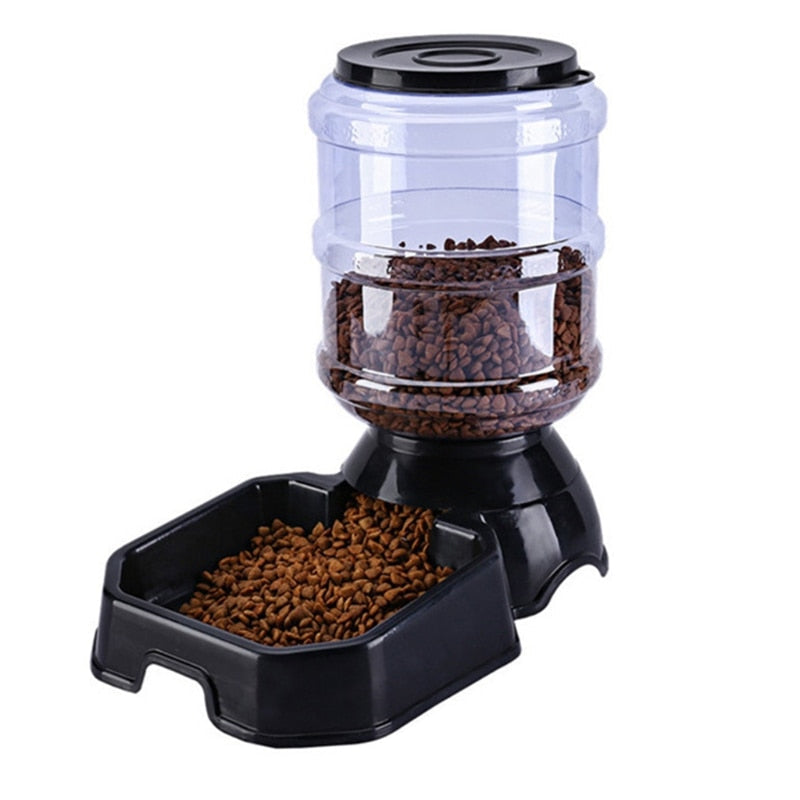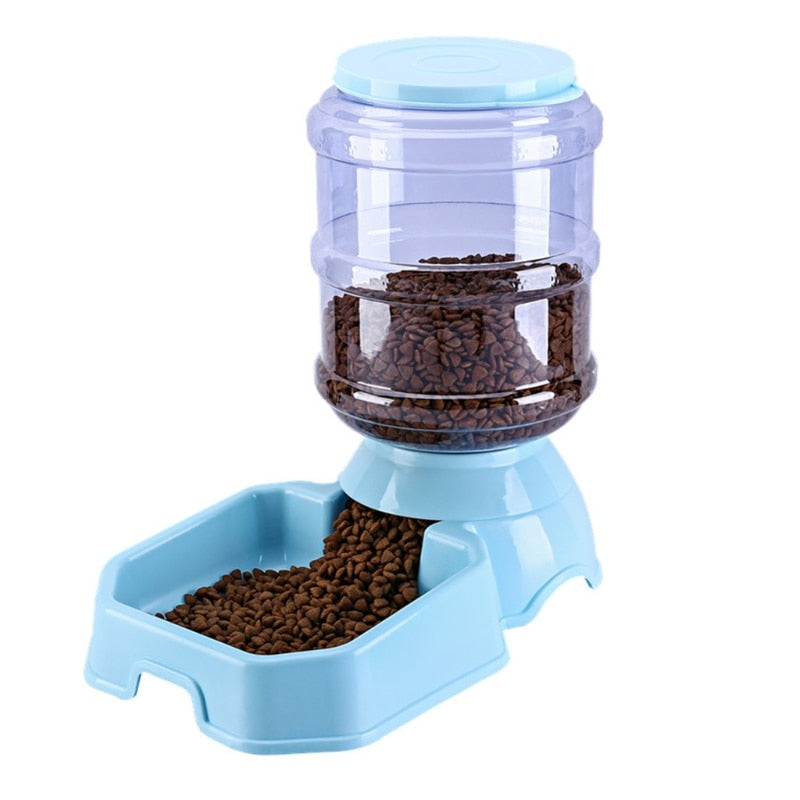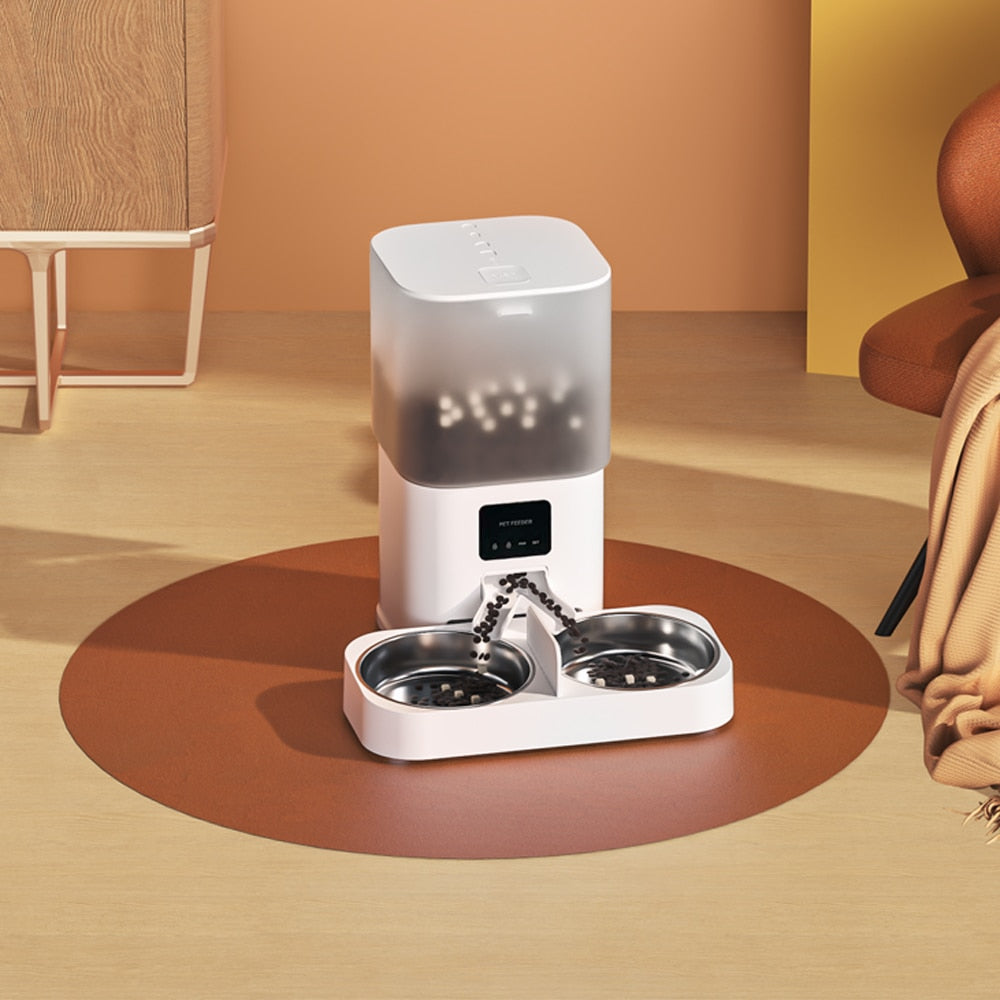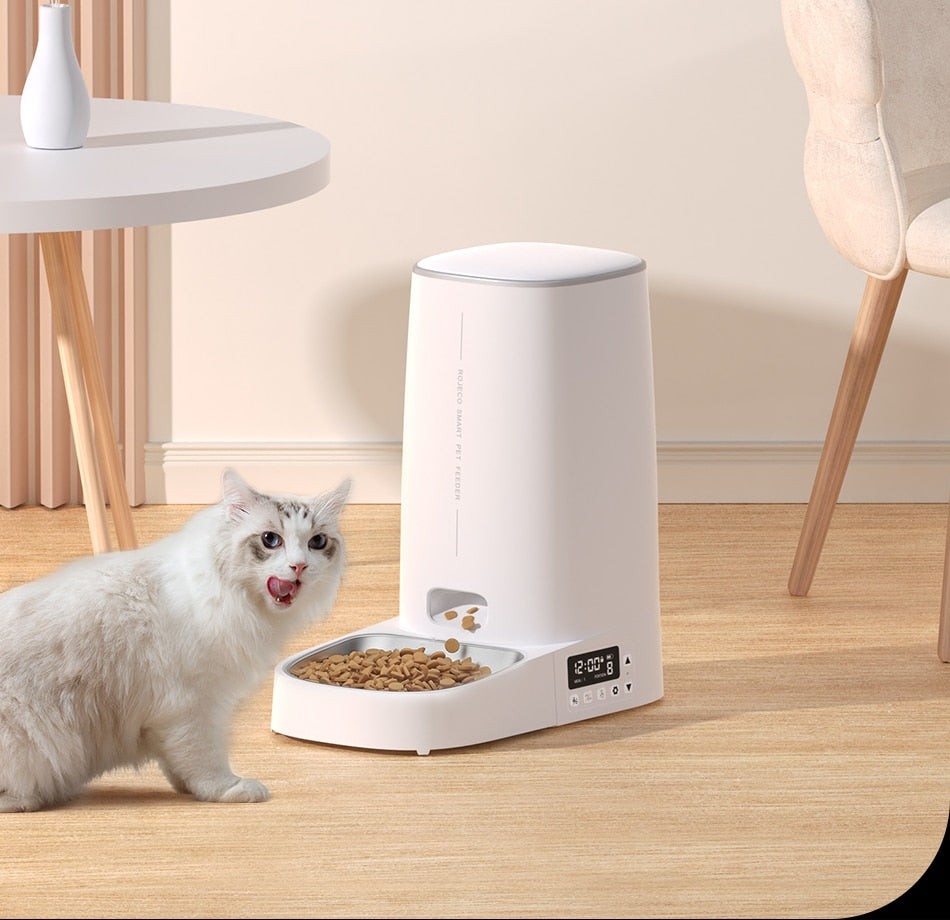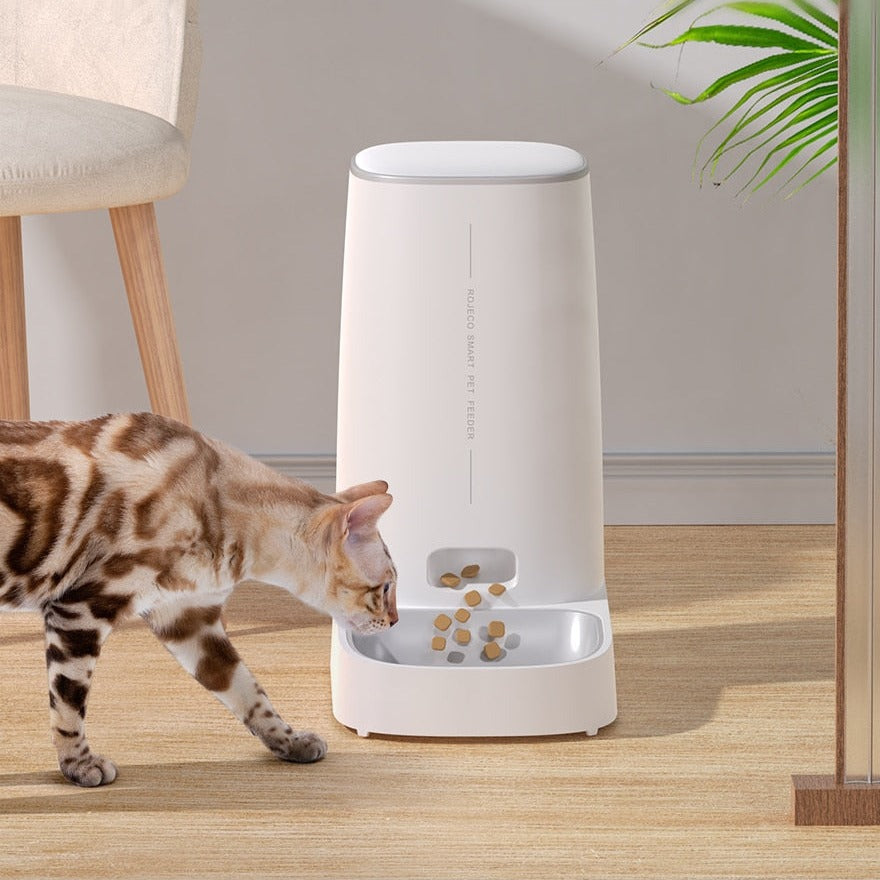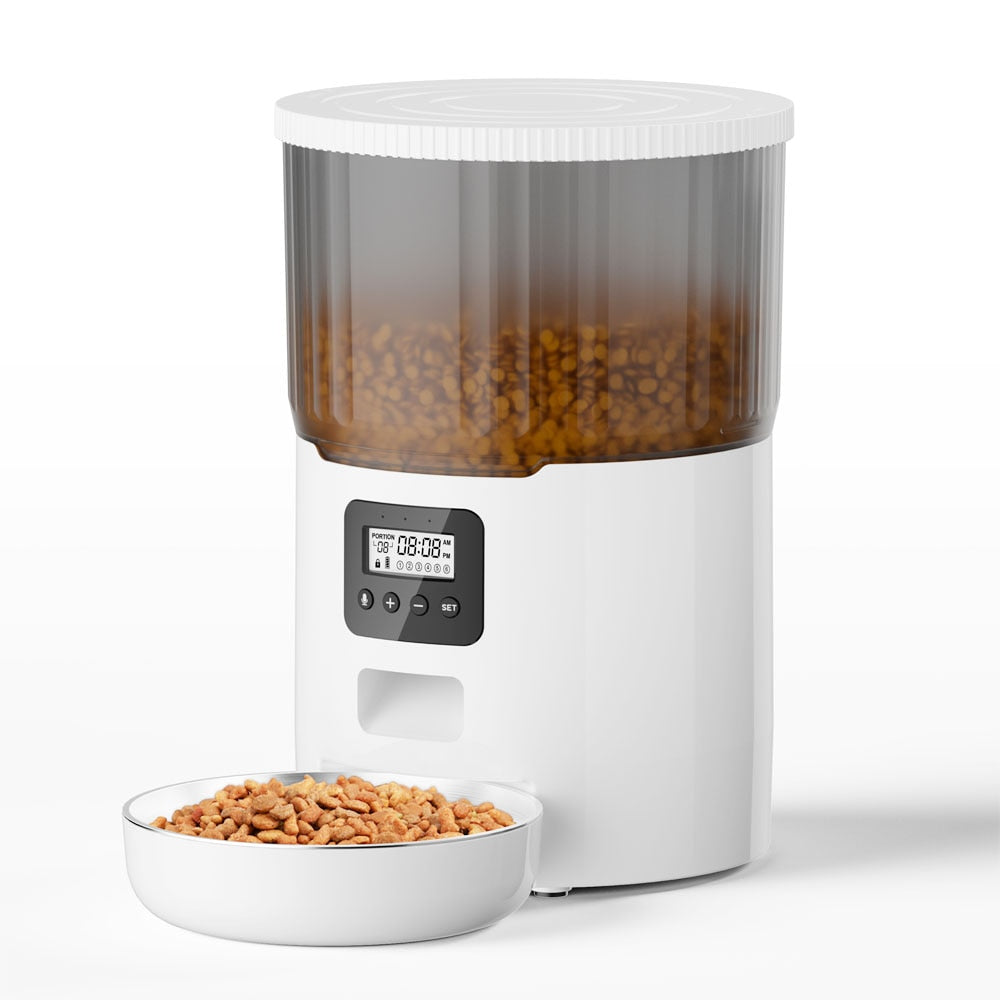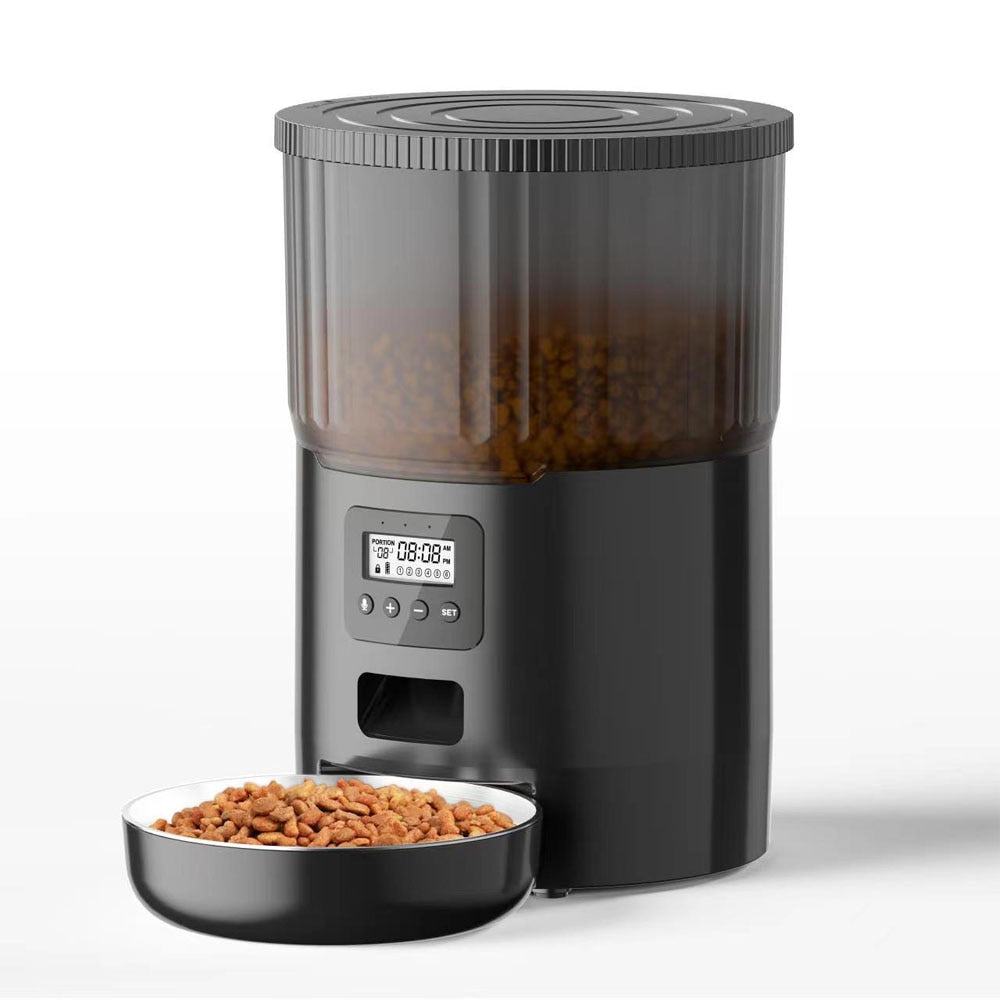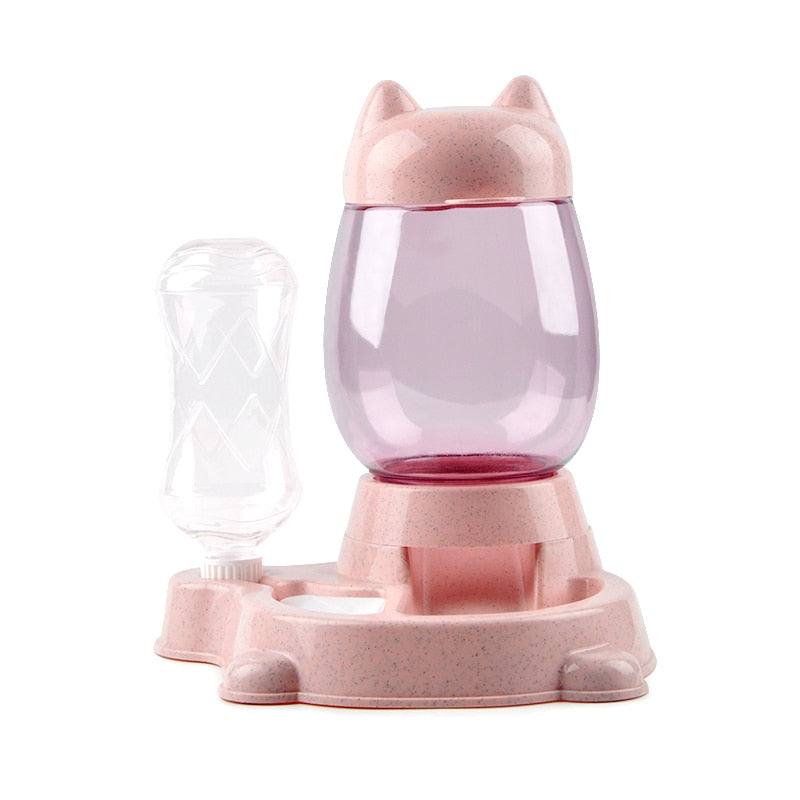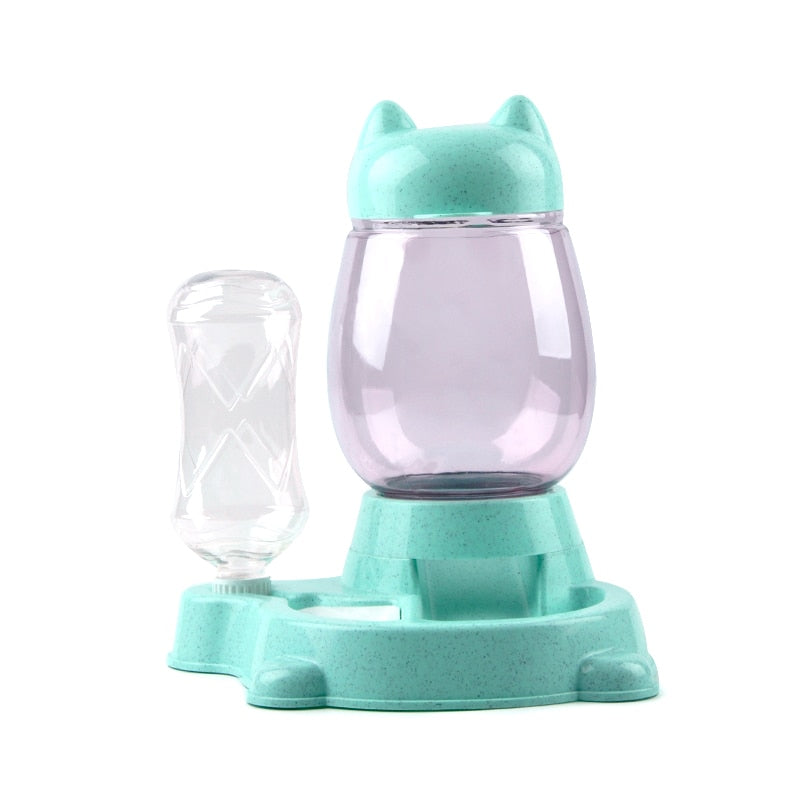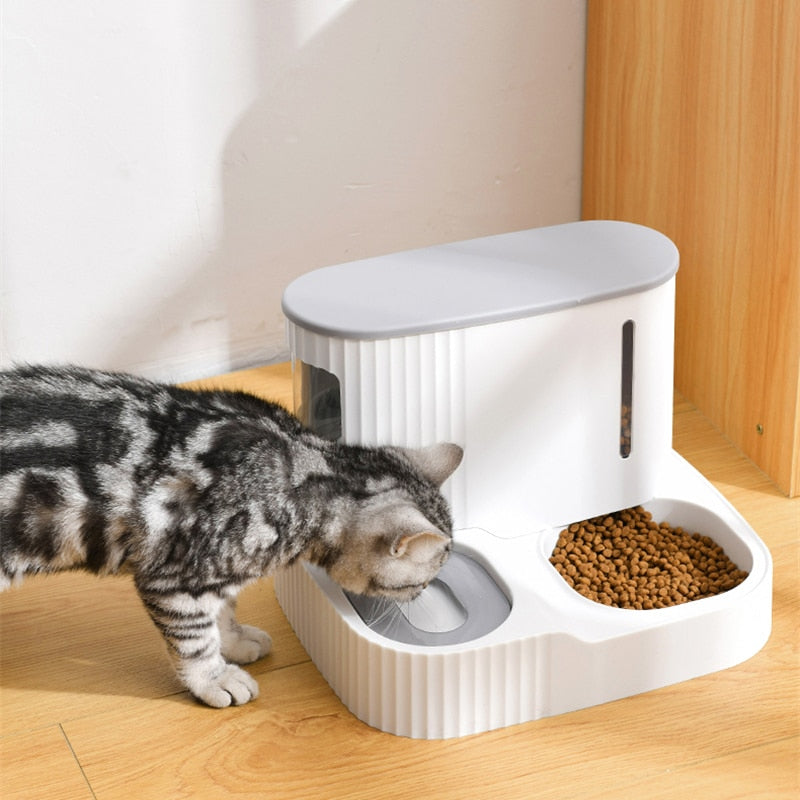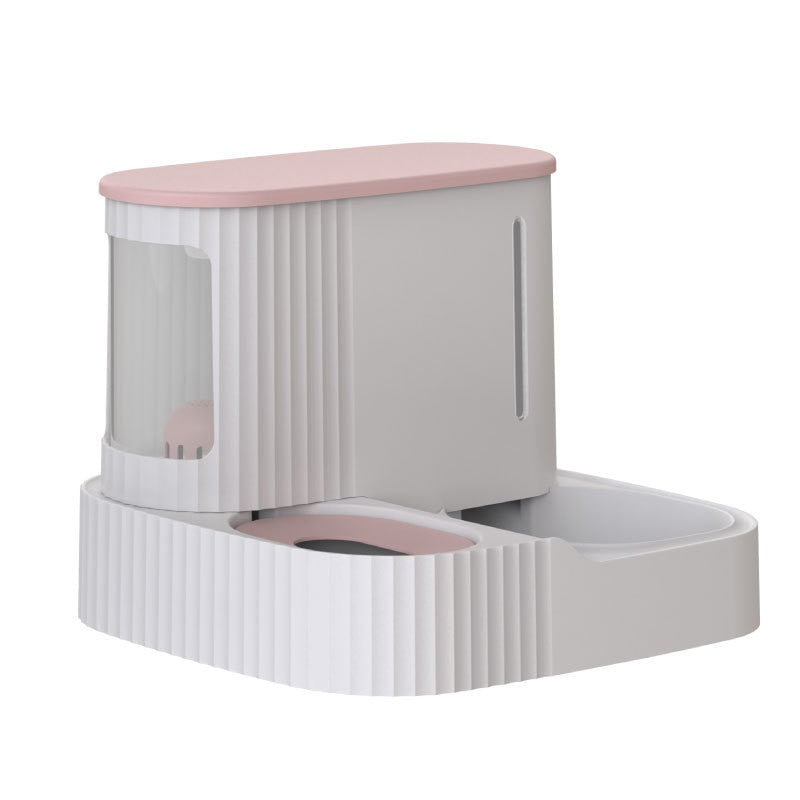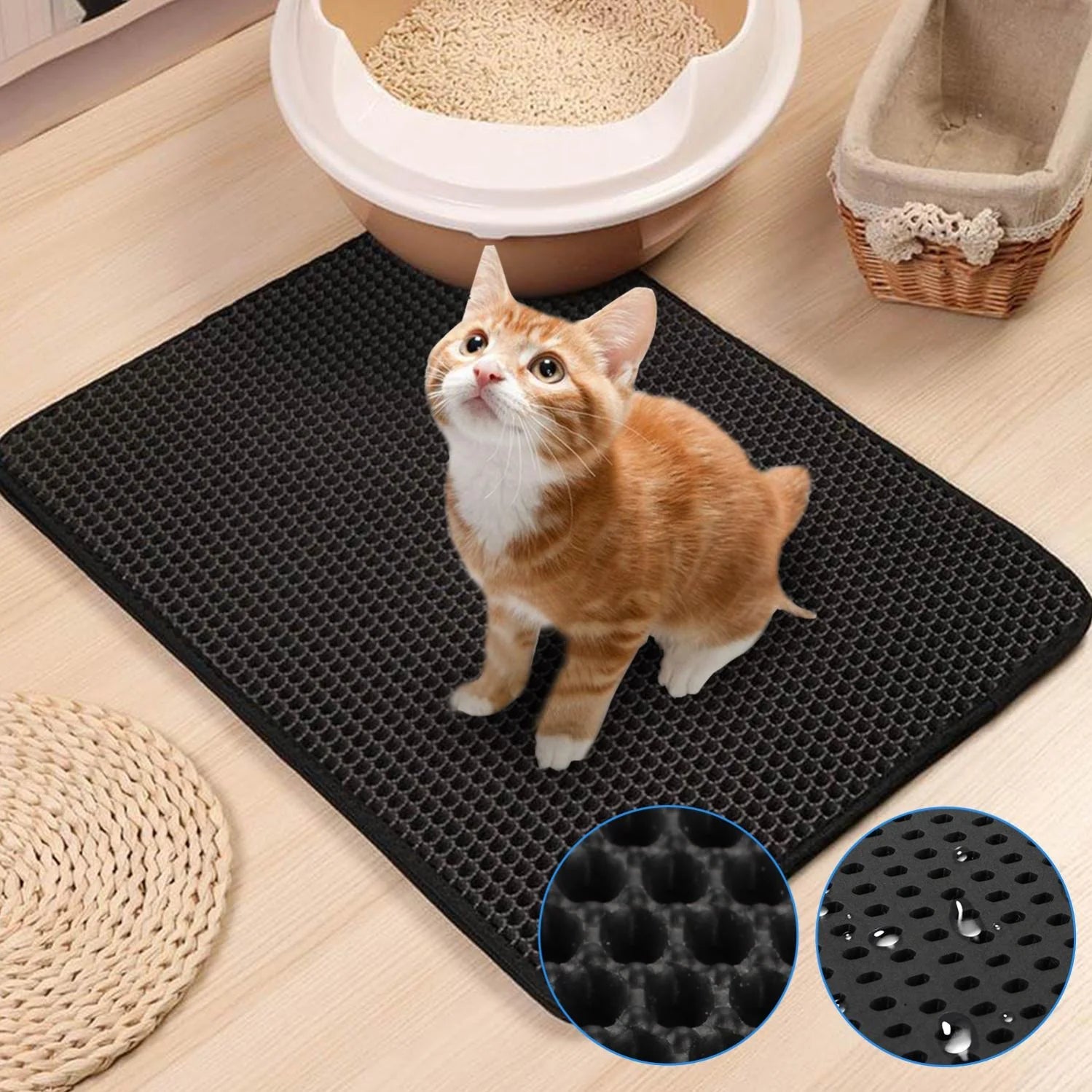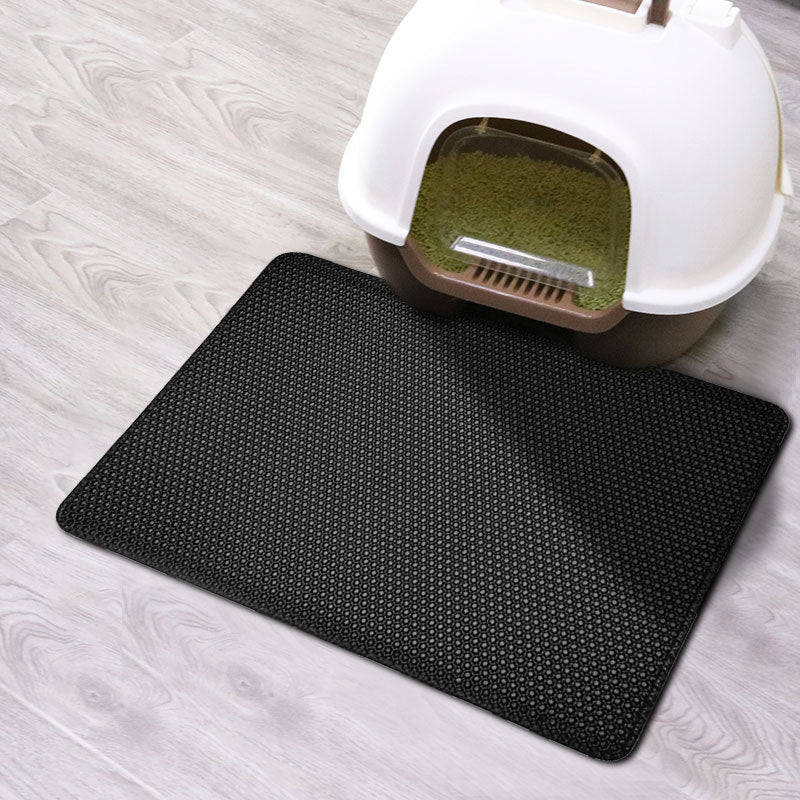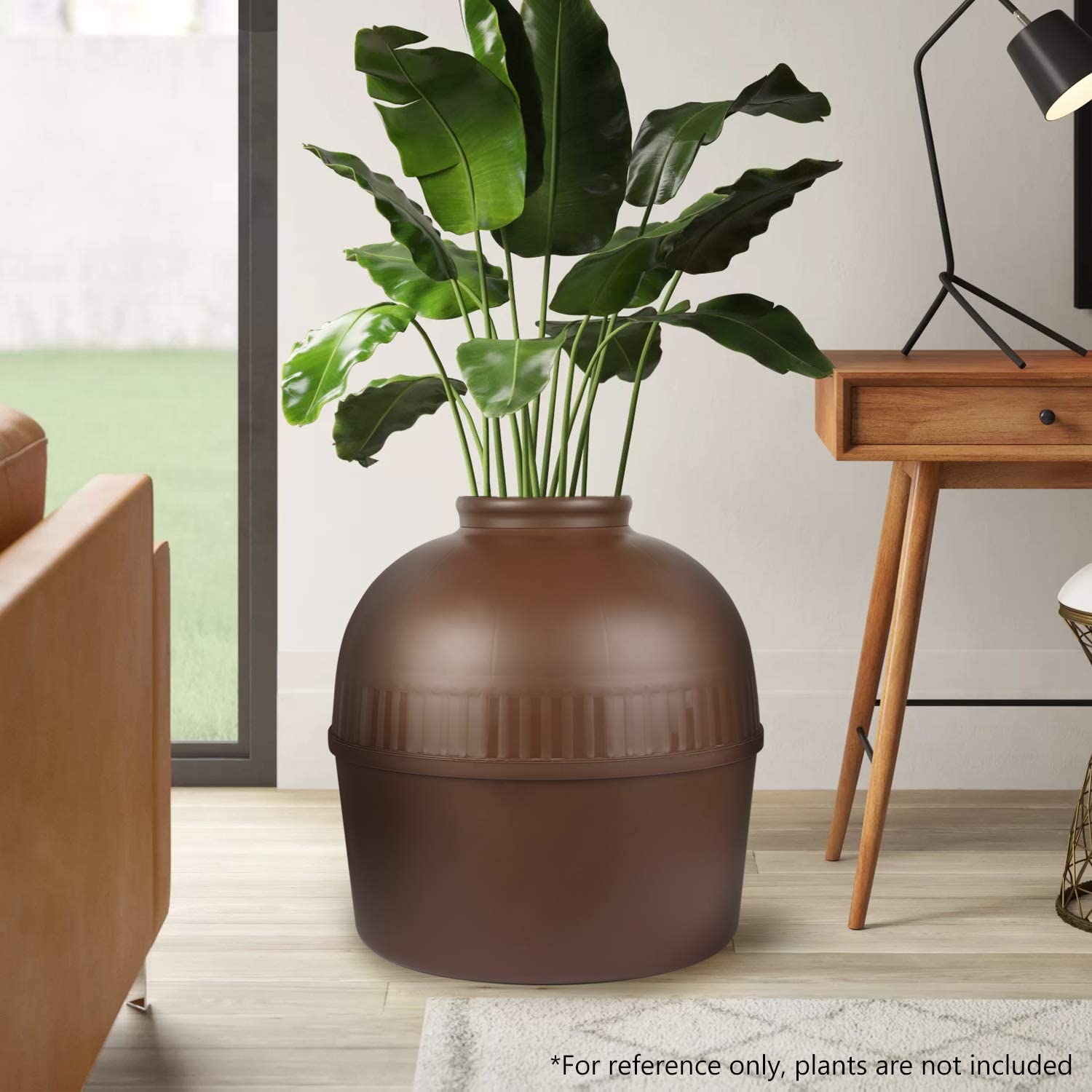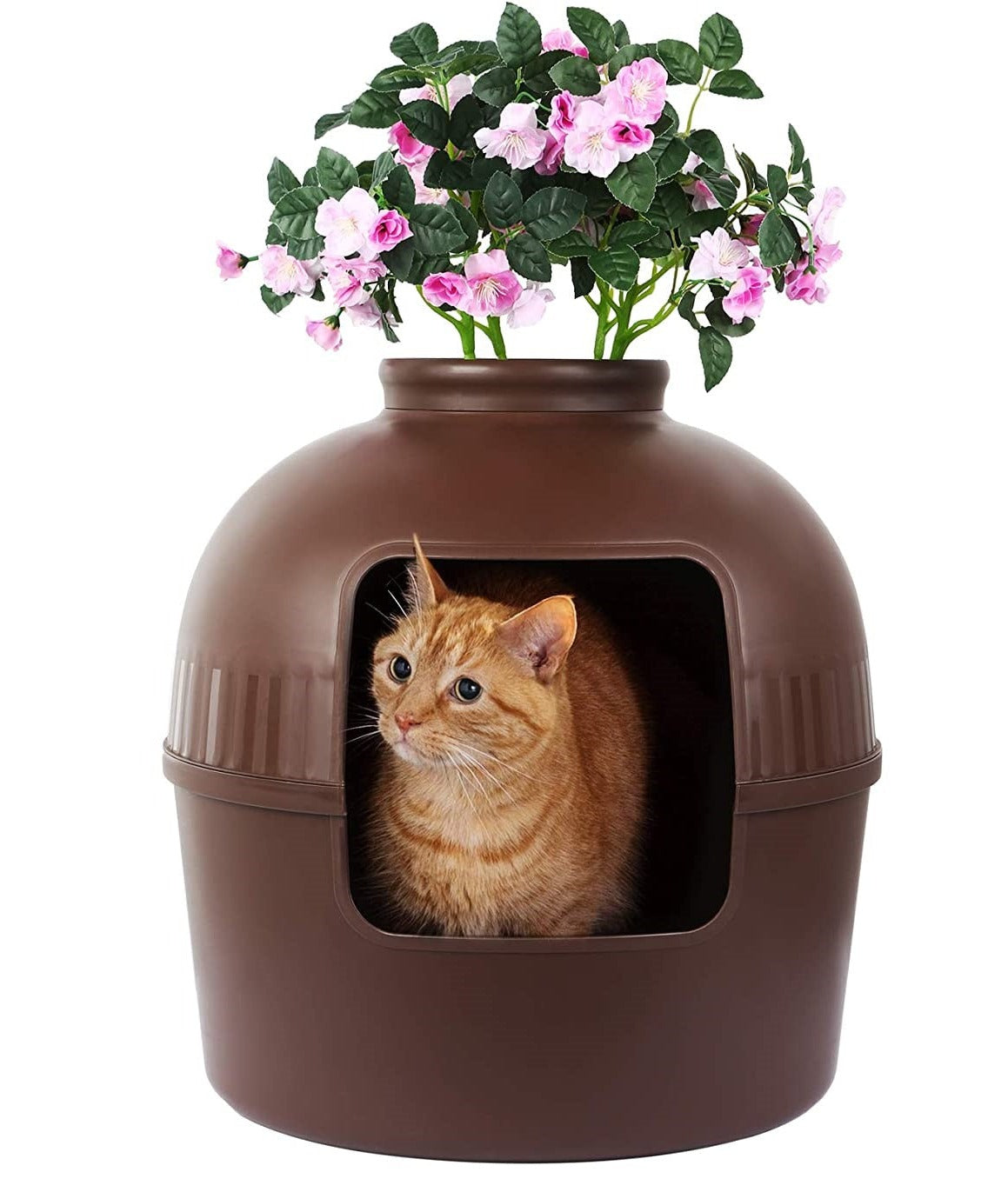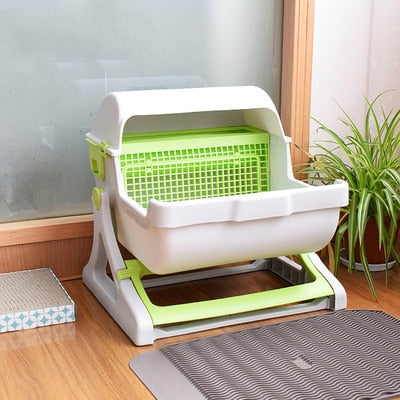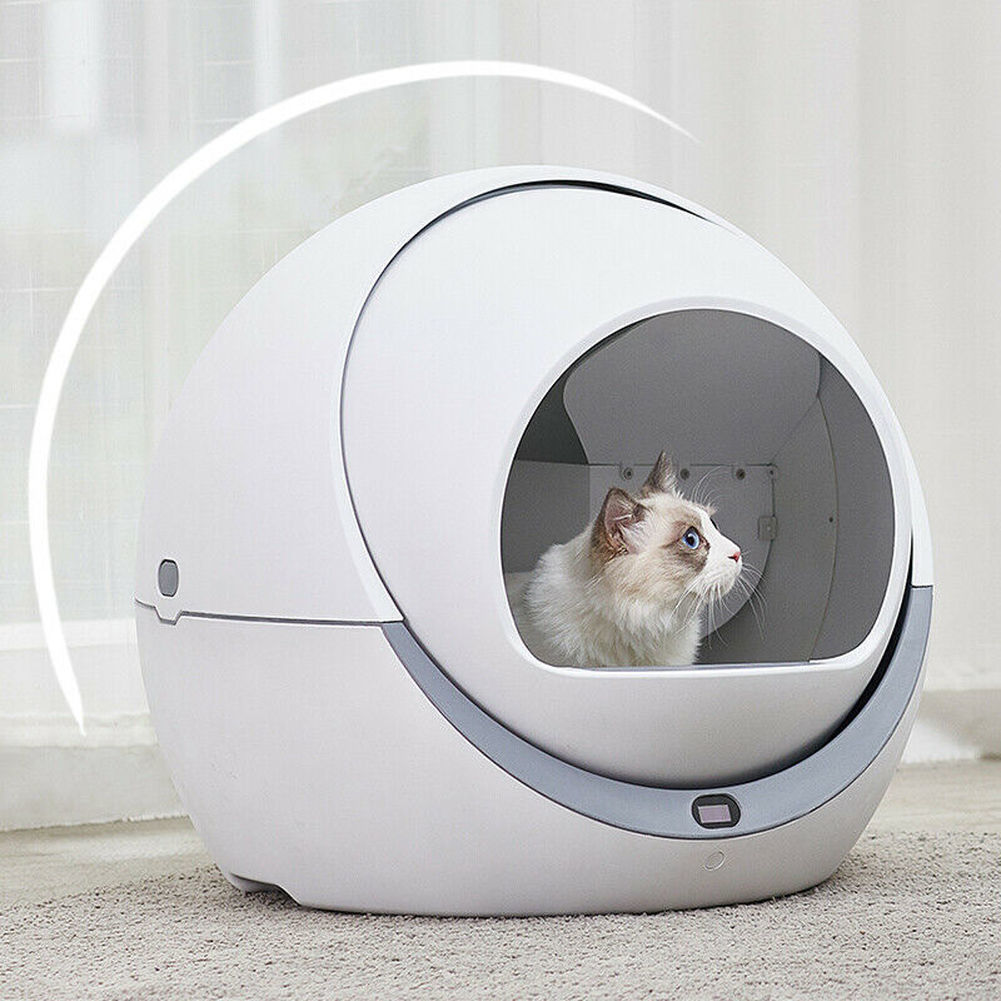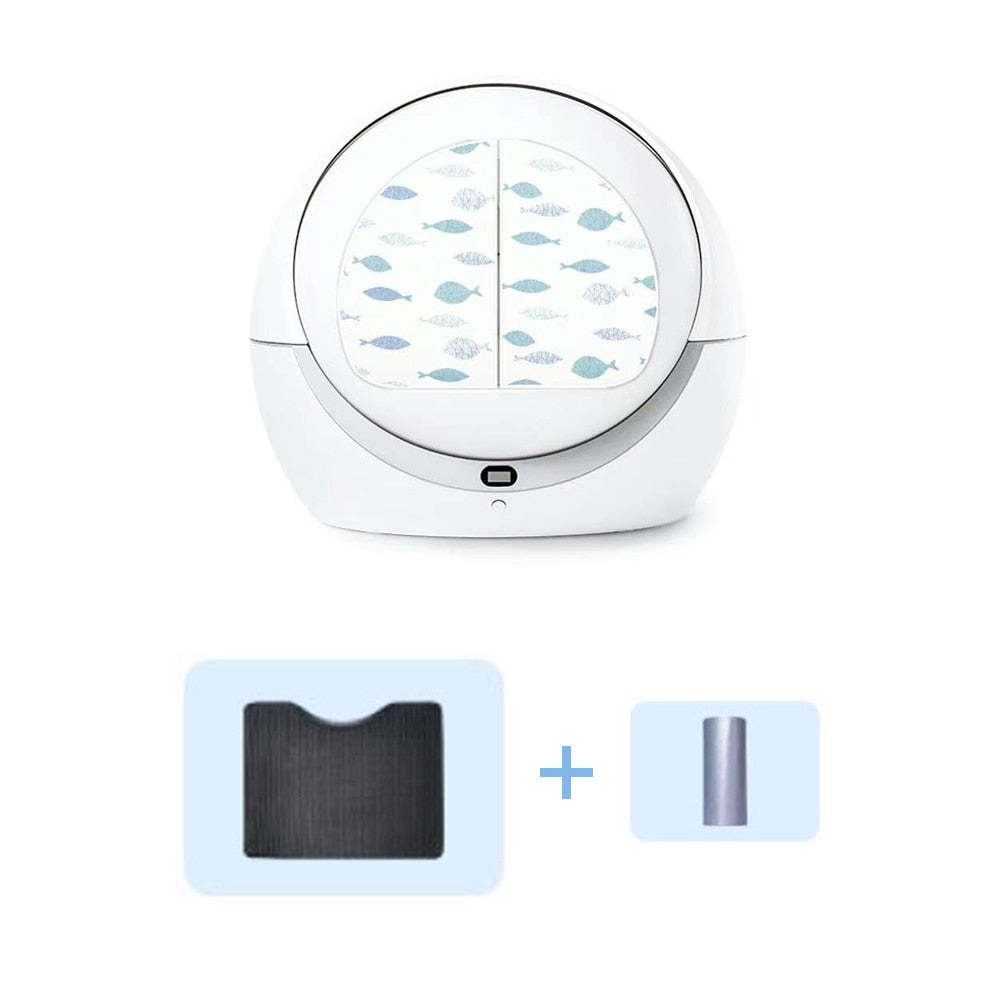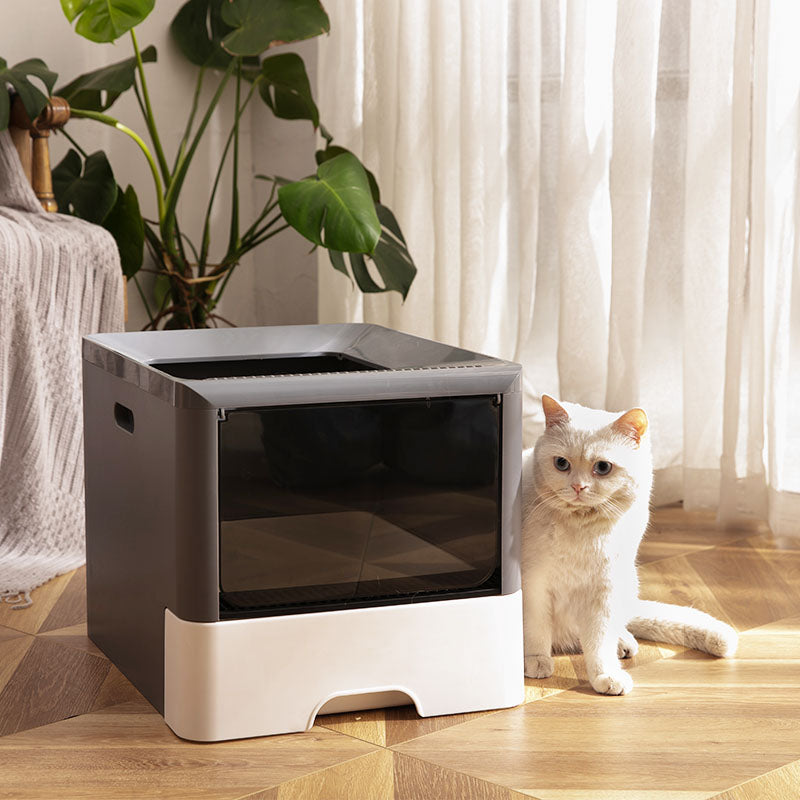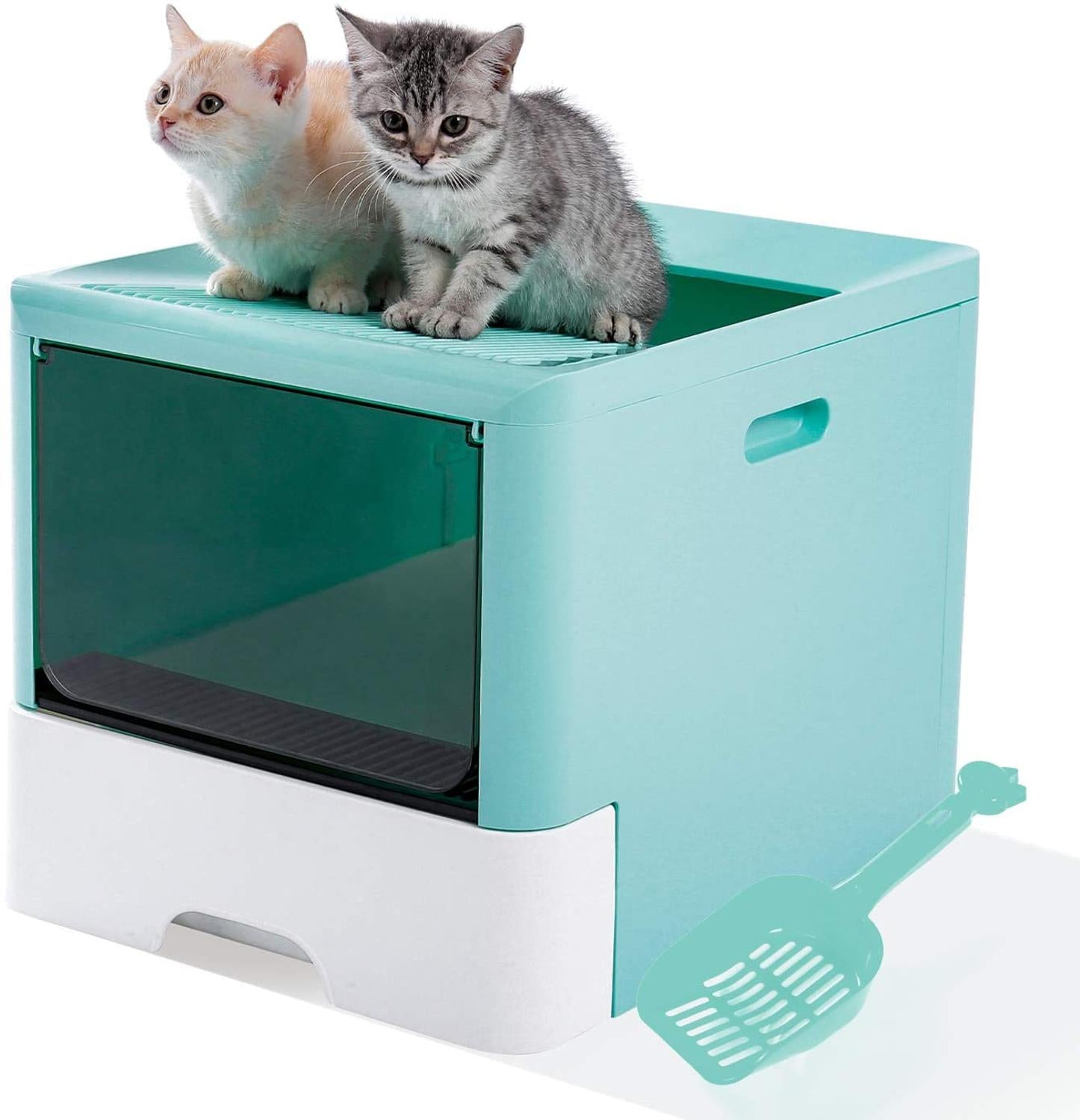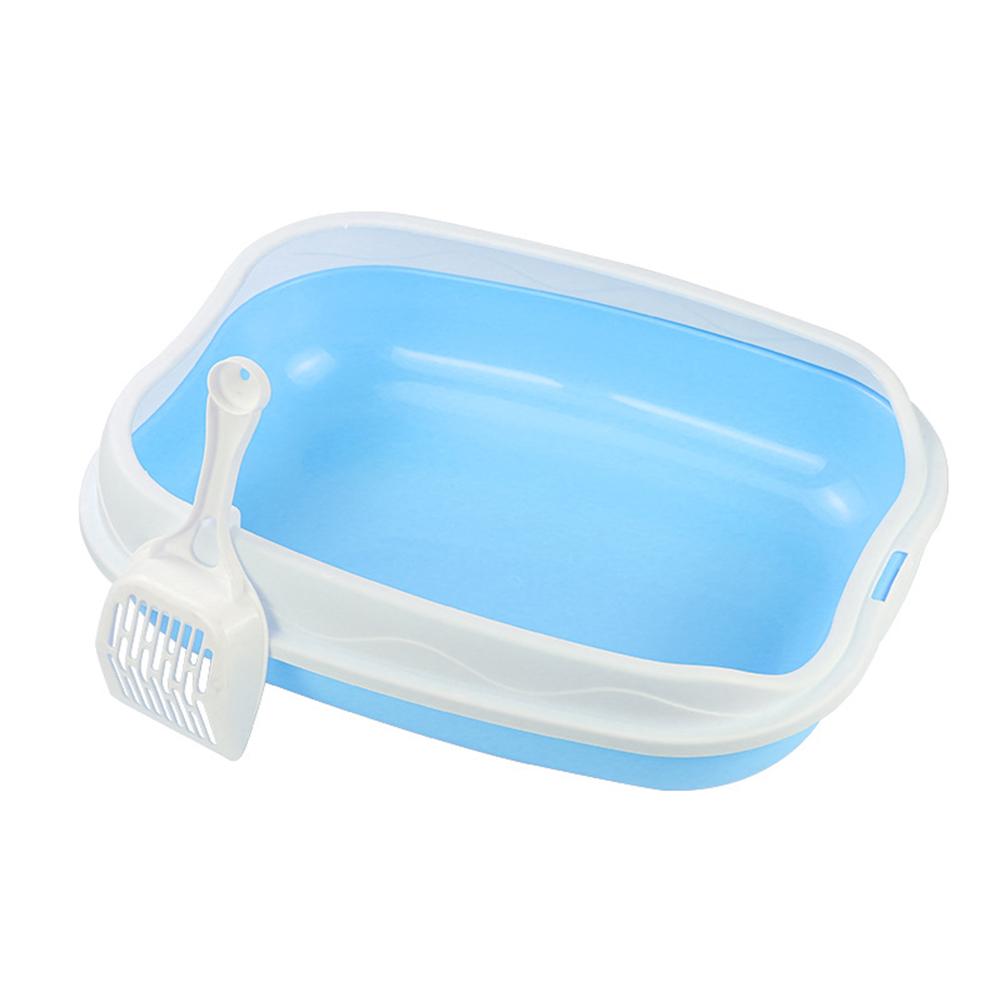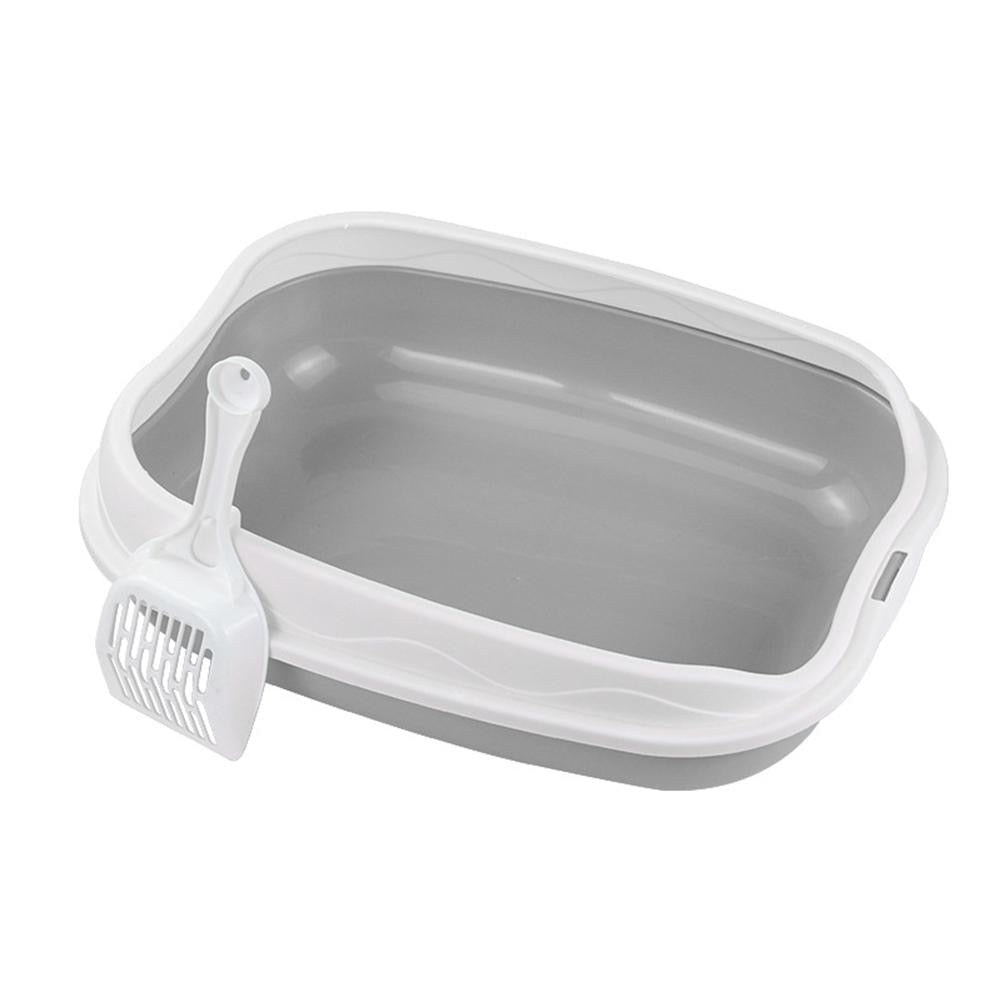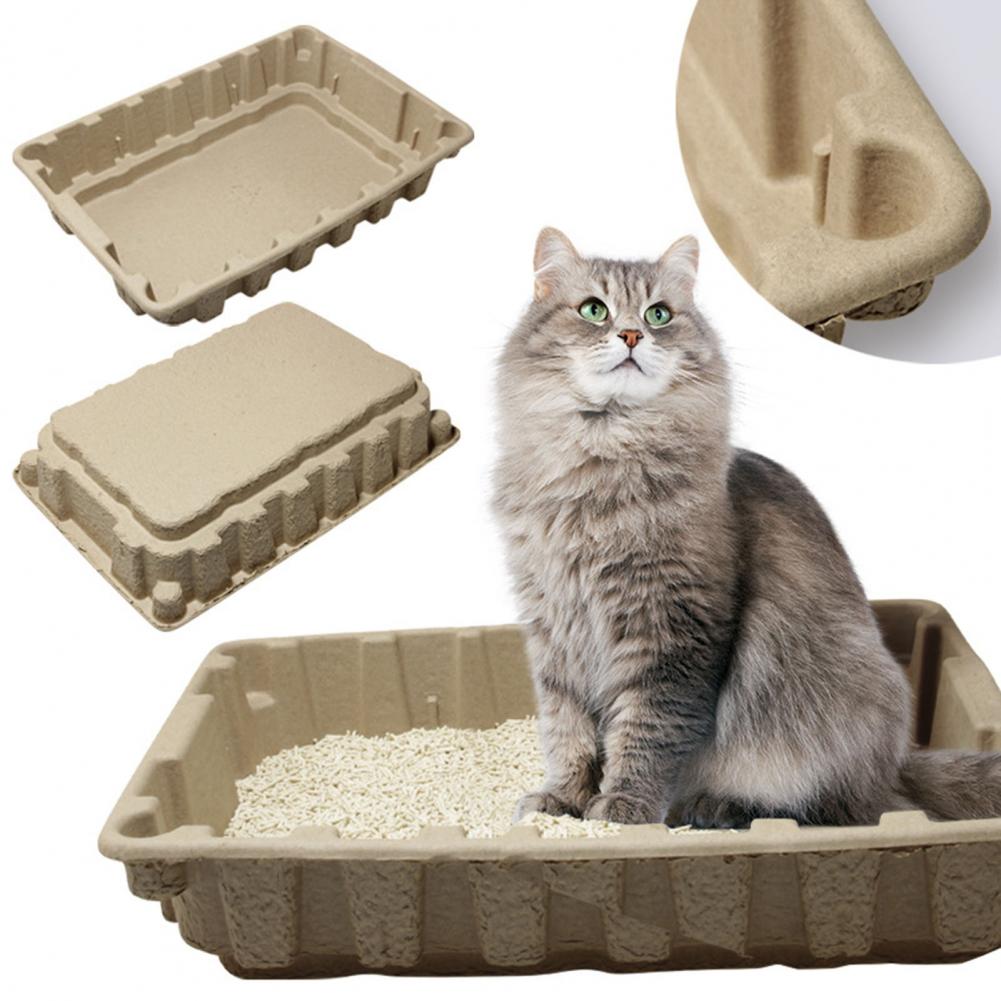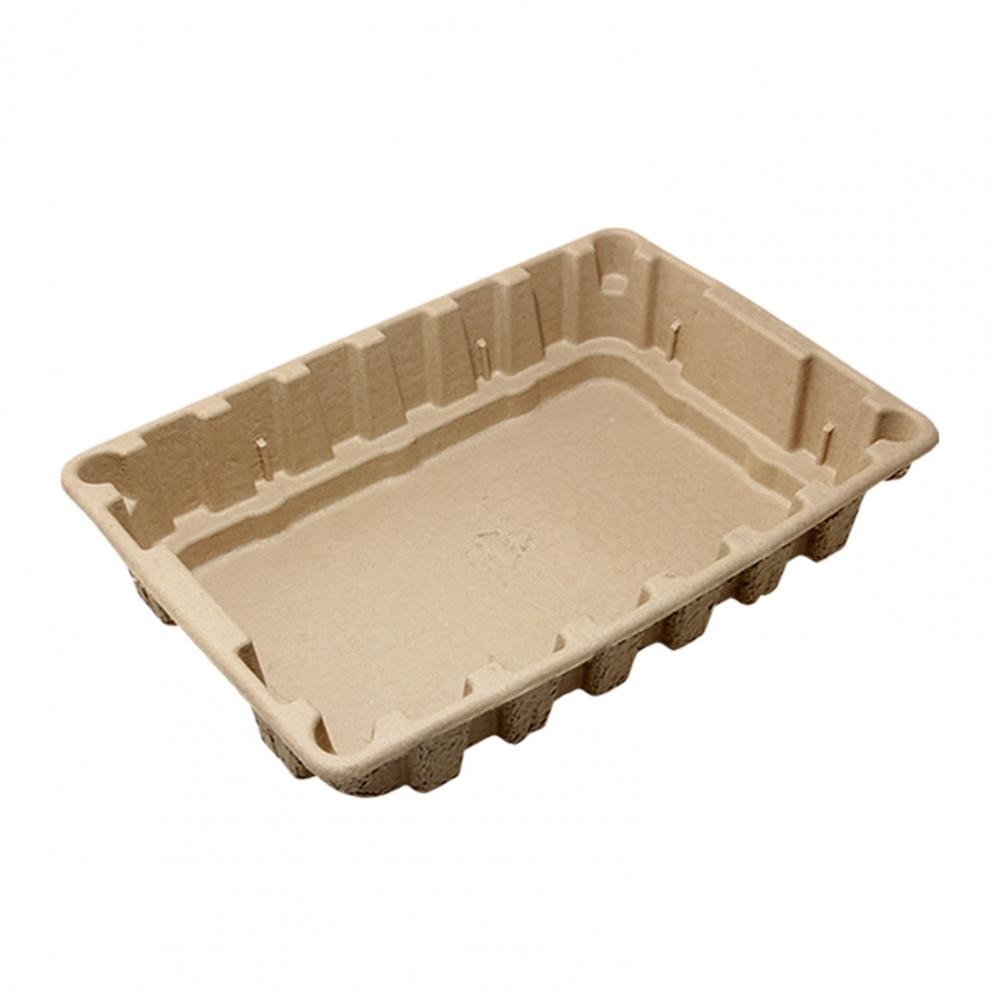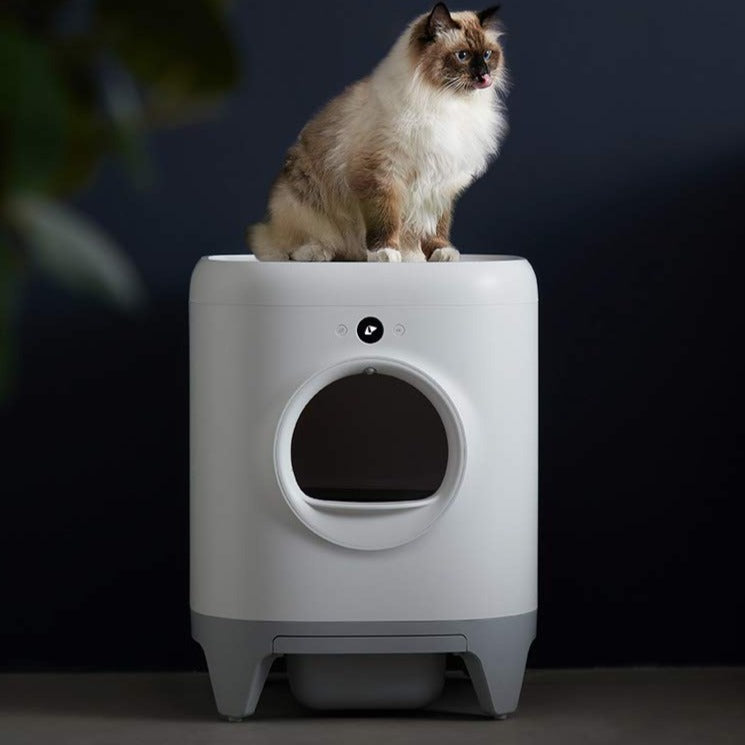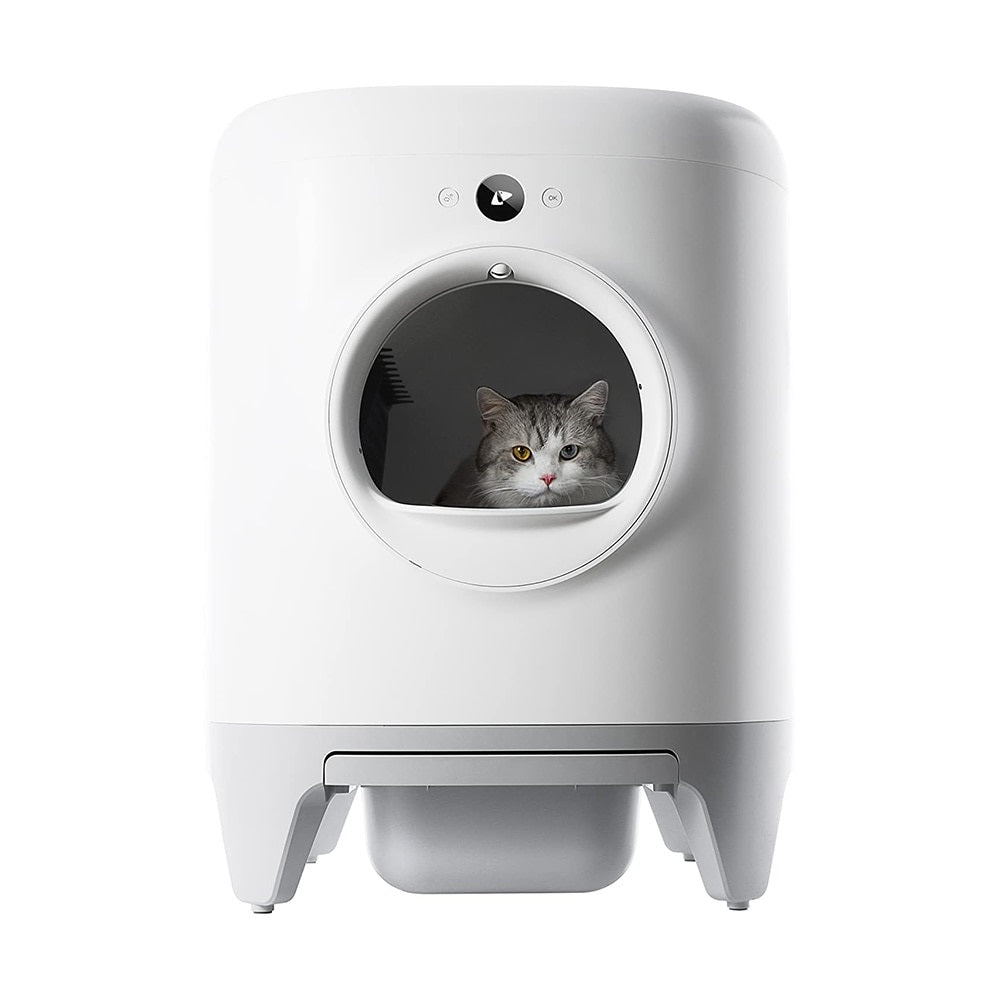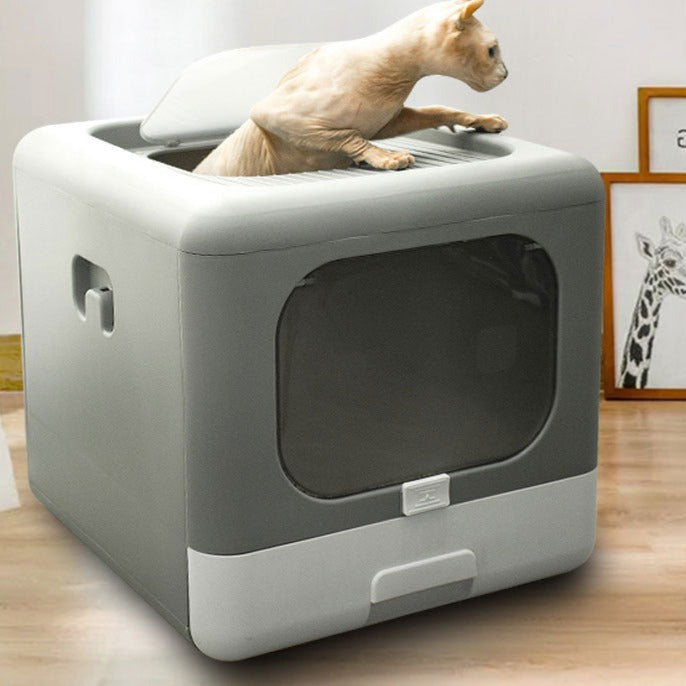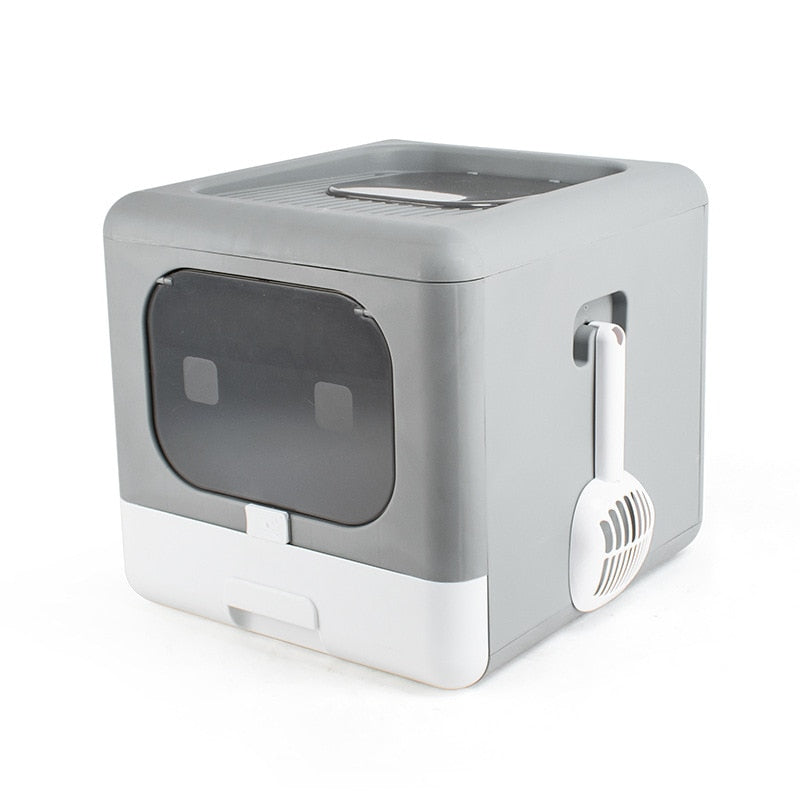Savannah Cat: Size, Breed Profile & Information
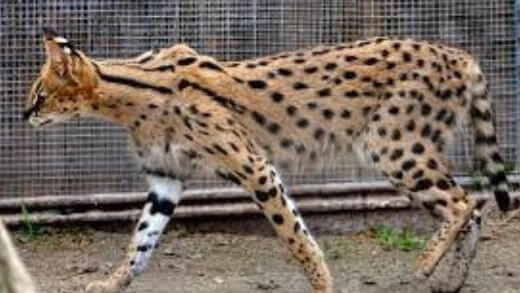
The Savannah: Character, education, health, price - The right cat for you

The Savannah is a breed of cats still unknown to the general public, yet it is a cat that only gains adepts once it is known. It is one of those very stately and personable breeds of cats that you may have rarely seen in a cat.
One of the most sociable cats with the origins of a wild feline straight from Africa.
Our guide to the Savannah invites you to discover all the secrets of this mysterious feline, his character, his education and his health. Take some time to read it carefully and you'll find out everything you need to know about Savannah, in case you've decided to adopt one.
The Savannah in video
Who is the ideal cat for?
Great lover of freedom and personal space, the Savannah is characterized by its originality. He is full of energy and as a result, loves to play, hunt, swim and walk around. Also, he is known to be very intelligent and affectionate, and adapts easily to apartment and household life, both indoors and outdoors. He is hardly suitable for lonely people, as he likes to give and receive tenderness and affection.
Origin and History of Savannah
They are as recent as they are remarkable. The Savannah has emerged recently as a result of the cross between a male Serval, characterized by his wild instinct, imposing size and weight, and a Bengal female, with domestic characters and smaller in size. This earned him his wild feline side, which would then be a direct descendant of this African wild cat, the Serval.
This breed was only officially recognized in 2002 by the TICA, but is still not very present in many countries including France, due to its behavior that some would qualify as wild. The name "Savannah" has its origins in the first known cat of the breed.
Physical characteristics of the Savannah
The Savannah has a triangular shaped head that is narrower than it is long, and smaller than the rest of the body. The medium sized oval eyes are located right in the center of the head and are either golden green, amber or yellow in color. Fairly large and short, the ears have a broad base and rounded tips, and are located higher up on the head.
A peculiarity unique to the Savannah is that its hind legs are longer than its front legs. Also, if we appreciate the Savannah, it is for its coat called spotted tabby which means spotted tabby and which reminds of legendary felines. Its hairs are distinctly short and hypoallergenic, which considerably reduces the risk of incidents in people who are allergic to cat hair.
Regarding his measurements, an adult Savannah cat weighs between 7 and 14 kg, against more than 40 cm at the withers. Note that the males are most often larger than the females. The tail, which is rather small but thick, is about ¾ the length of that of an ordinary cat, and resembles juxtaposed rings that are distinguishable to the touch. The tip of the tail is usually rounded and black in color.
Behavior of the Savannah
Famous for being very intelligent, the Savannah takes issue with his wild feline appearance which would suggest he is dangerous. Indeed, he is very tender, dynamic, sociable, curious, hospitable, friendly, very good player and very quickly becomes attached to his owner. He loves company and likes to go in the water: the ideal companion for a family pool party.
The Savannah is a very lively and energetic cat, which is why it is easily let go on a leash, in an apartment or on the street. However, note that cats are as unique as they are different: slight variations in behavior can be observed from one Savannah to another.
Health and care of the Savannah
As a general rule, all cats require a little bit of special attention; the Savannah is no exception. With an average life expectancy of between 13 and 20 years, he enjoys good health for the most part. However, its short coat makes it very vulnerable to cold and pests. Adequate and frequent maintenance such as brushing the bristles is required. Also, since he loves water, you can wash and dry him as soon as possible, lest he catch a cold.
The Savannah is not prone to a specific genetic disease due to its breed, but remains prone to cat diseases. Also, the Savannah is very active and runaway, and very often risks accidents.
You will understand that it would be more than advantageous for you to subscribe to health insurance for your cat, and to regularly monitor its vaccinations, in order to protect yourself against these cases of accidents which would then be very expensive.
Does the Savannah need specific food?
There is no specific diet for a breed of cats; they are all carnivores and as such, they obey the same diet. Cats for the most part are very energetic; they should therefore recover the calories burned during their physical activities. A balanced diet rich in proteins and fats of animal origin is therefore required, to preserve the muscular appearance of the Savannah.
Clearly, it is a healthy diet and without food supplements, without cereals, or any other product that is not indicated for carnivorous animals. If properly packaged and prepared, a raw meat diet is most adequate, but note that dry food such as meat croquettes, and potable water should always be available.
What budget to have a Savannah?
There is no standard price for a Savannah cat, so this price varies considerably depending on criteria such as generation, age, conformity to the characteristic traits of the breed, rarity, coat, temperament, etc. …
However, note that an older generation Savannah will cost more than one of a newer generation. In fact, the closer the Savannah is to the sire Serval, the more expensive it is, and the more it will present the standards in accordance with the breed. Likewise, the price of the kitten increases with age; this is because breeders spend a lot of money on LOOF registration of kittens and care.
To become the happy owner of a Savannah, plan:
- Around 1800 € for a male kitten
- Around 1700 € for a female kitten
This is justified by the fact that males are more in demand than females, in the case of this breed of cat females have no real breeding interest.
Also, a first generation Savannah can be worth up to 8,000 euros. Generations 2 and 3 are considerably cheaper, but still remain above 2000 euros.
Note that the monthly maintenance of a Savannah is estimated at 60 and 100 €, much like all cats.
The right accessories for the Savannah
Since it is one of the largest cat breeds in the world, the Savannah needs a lot of living space. Also, to ensure the constant development of your cat, it is advisable to provide him with a large cat tree to contain his excess energy and his need for physical activities. In addition, you will at the same time preserve the condition of your furniture and your curtains.
You will also think of installing a toilet house for him that you will teach him to use, and bowls for the distribution of meals and water. These bowls should be positioned at strategic places in the house depending on whether you will observe its behavior and its favorite places. If possible, buy toys for him as well.
Goodies for lovers of Savannah
TOP 1
Notebook Special Cat: Kitten, Persian, ...
TOP 2
CAT - CAT OF SAVANNAH PAPA - CAT OF SAVANNAH ...
TOP 3
CAT - CAT SAVANNAH T- Shirt
Pictures of Savannah
« ‹ Of 4› »
Where to adopt a Savannah?
The Savannah breed has been recognized by the Official Book of Feline Origins (LOOF) since 2007 and therefore marketable with a certificate. Our recommended adoption methods are to go to a licensed Savannah cat breeder, and choose one based on your particular requirements. Or, you can adopt one from an animal shelter.
However, also understand that it is possible for you to adopt a cat from a private individual and in this case, we strongly invite you to do it with a relative and not with a stranger, to avoid any inconvenience and the risks associated with animal trafficking.


